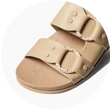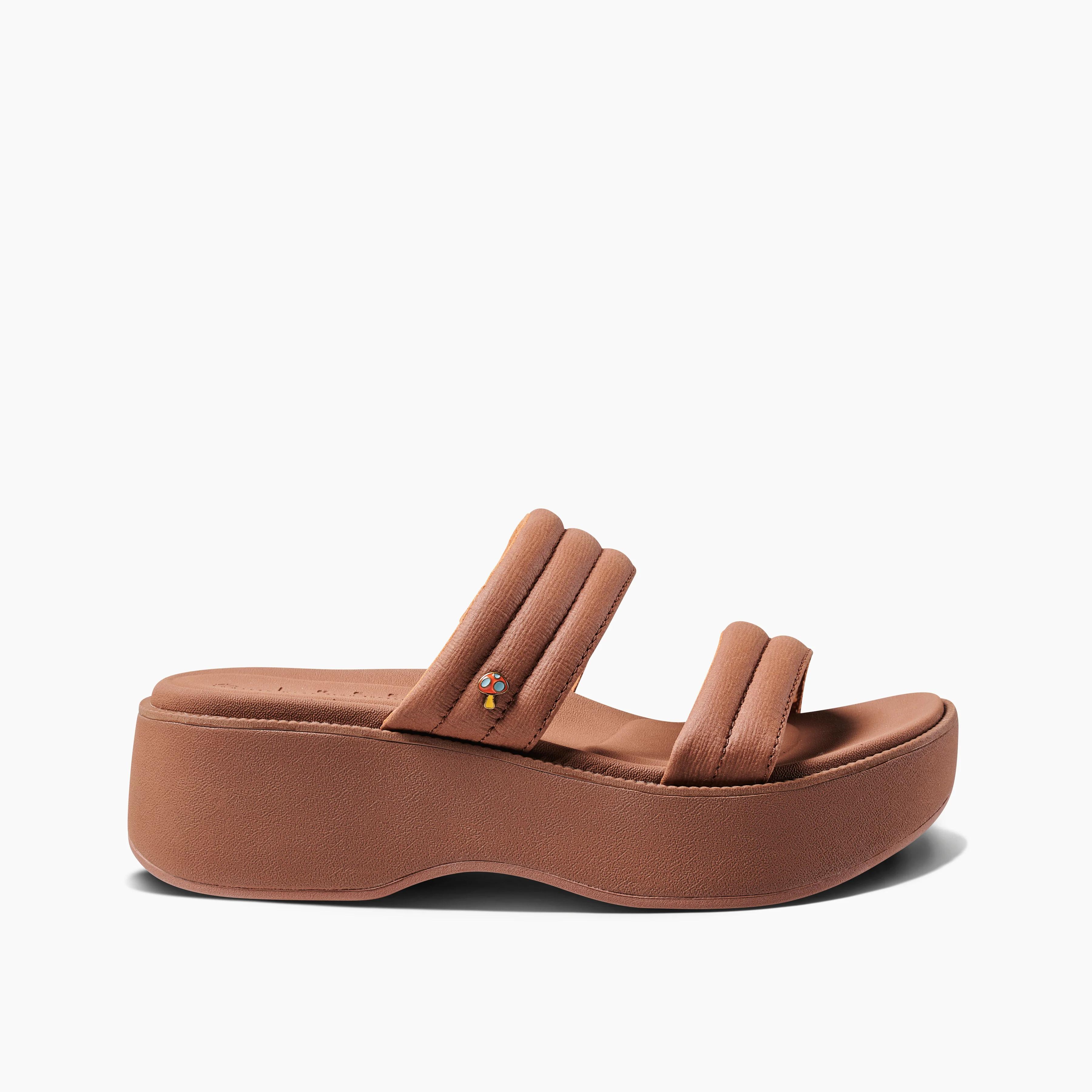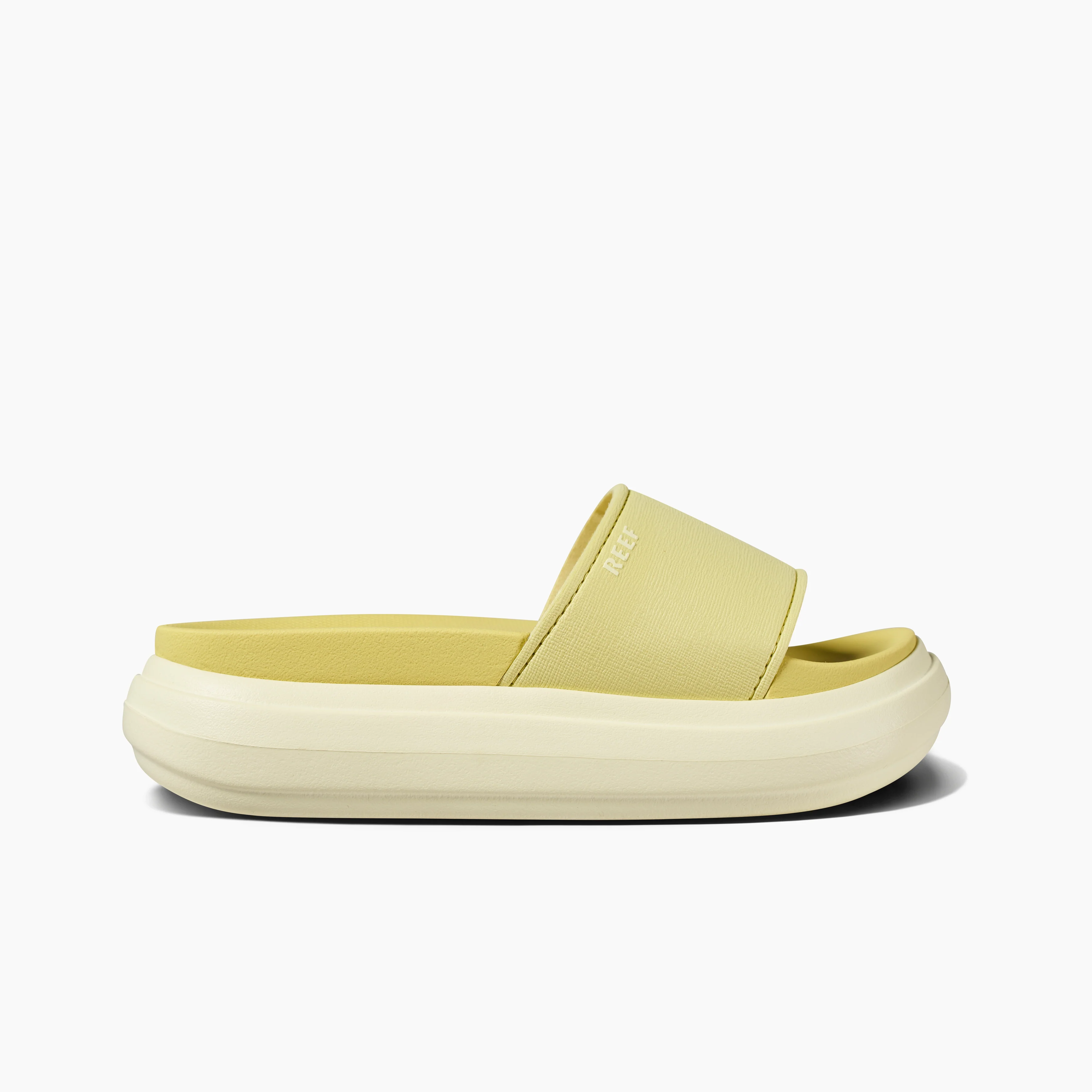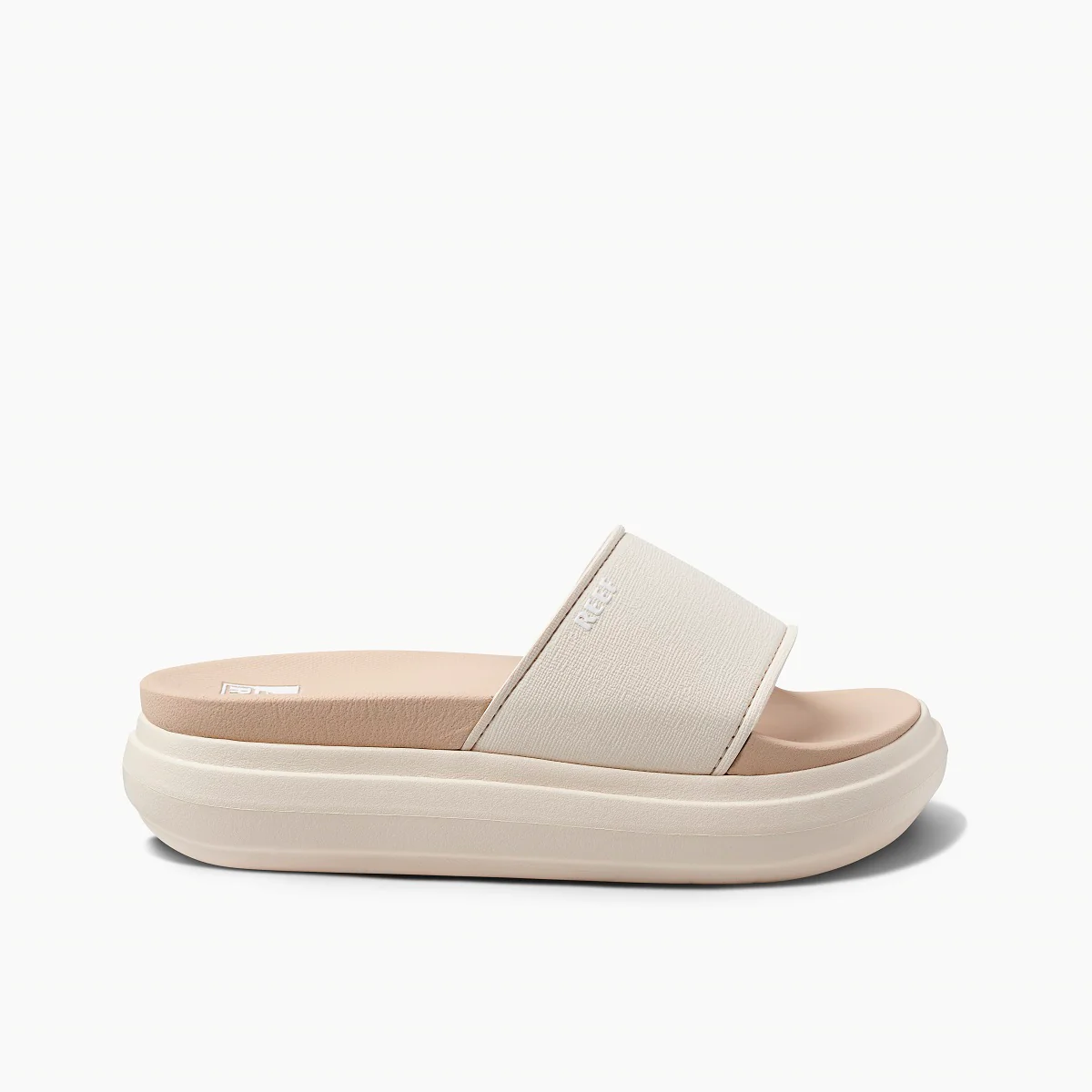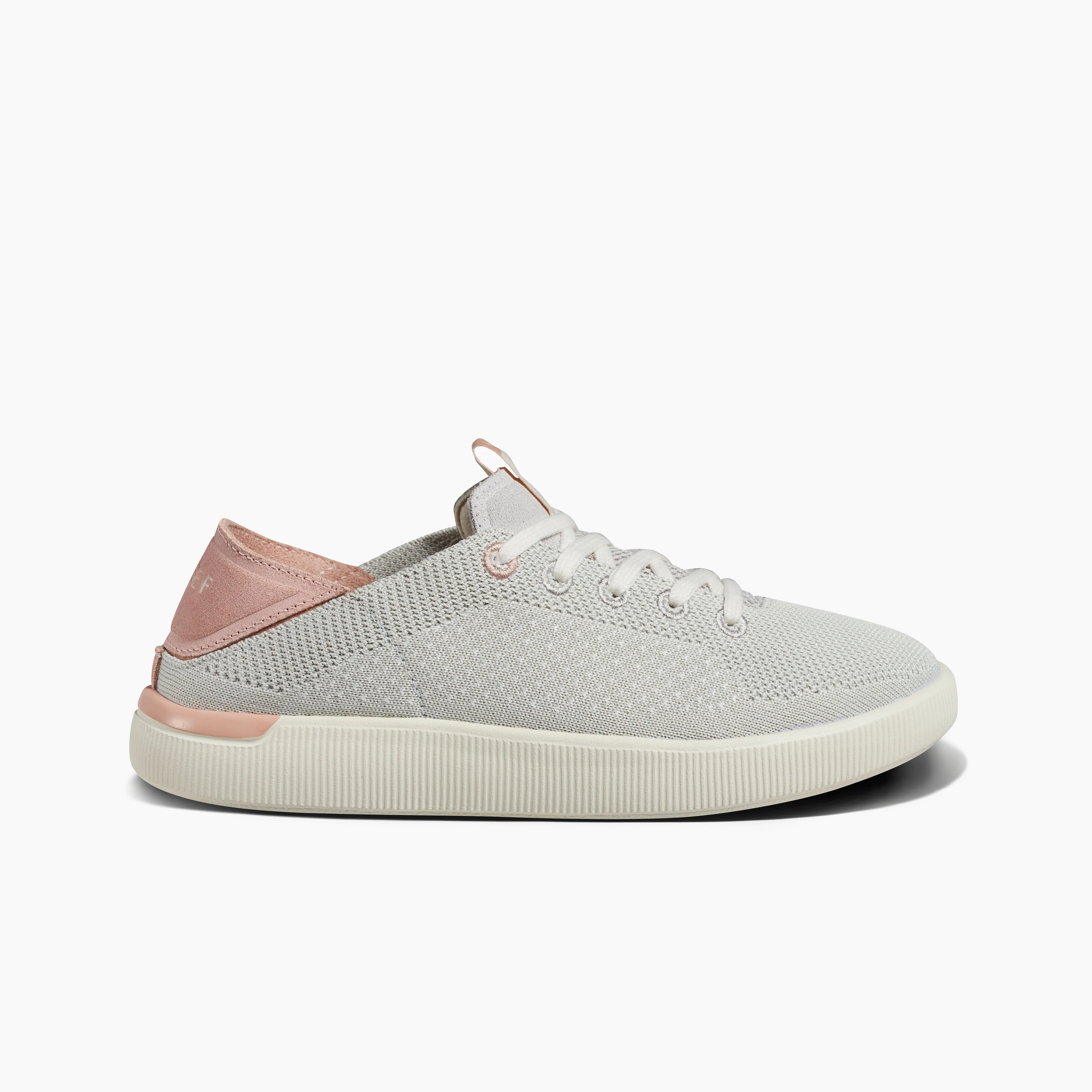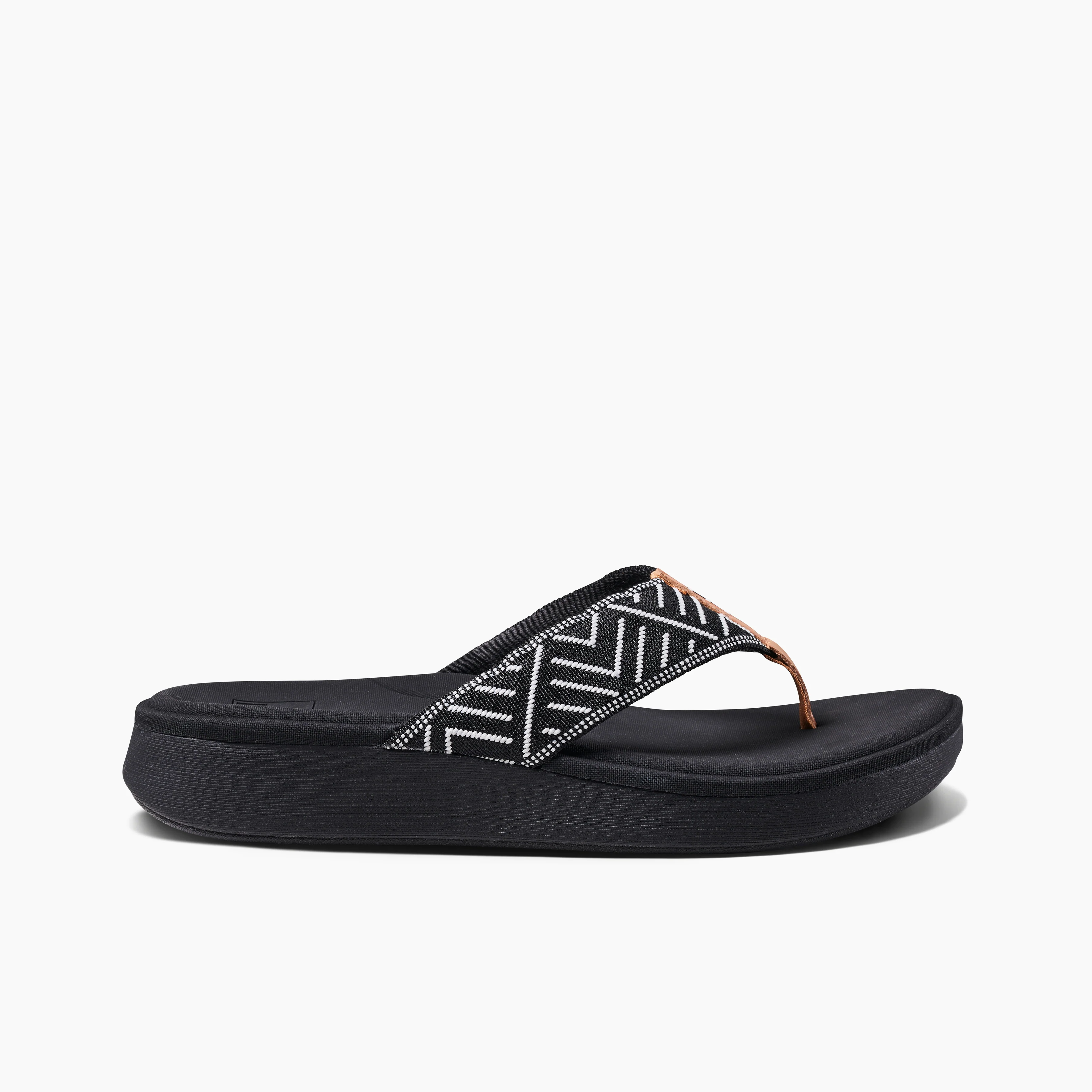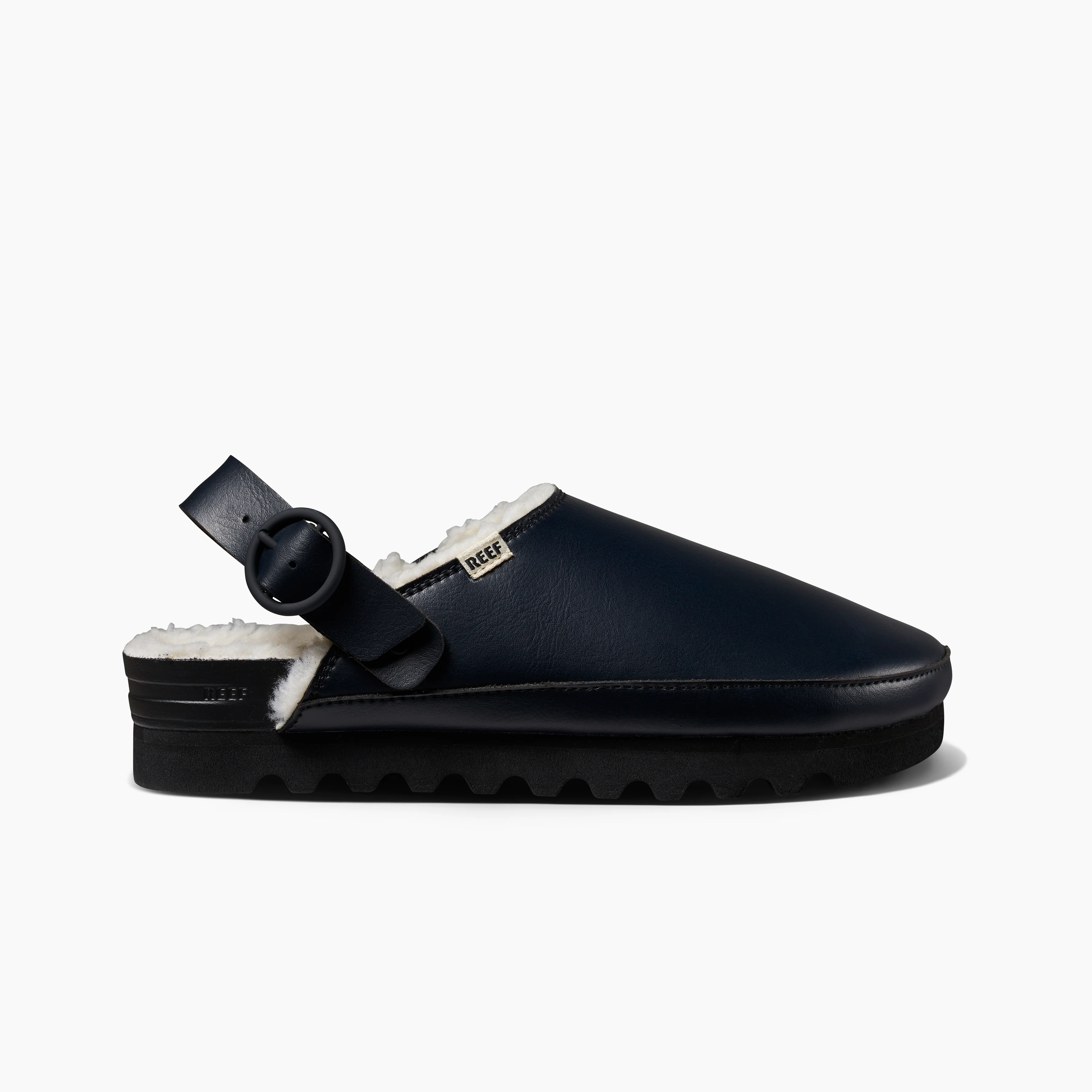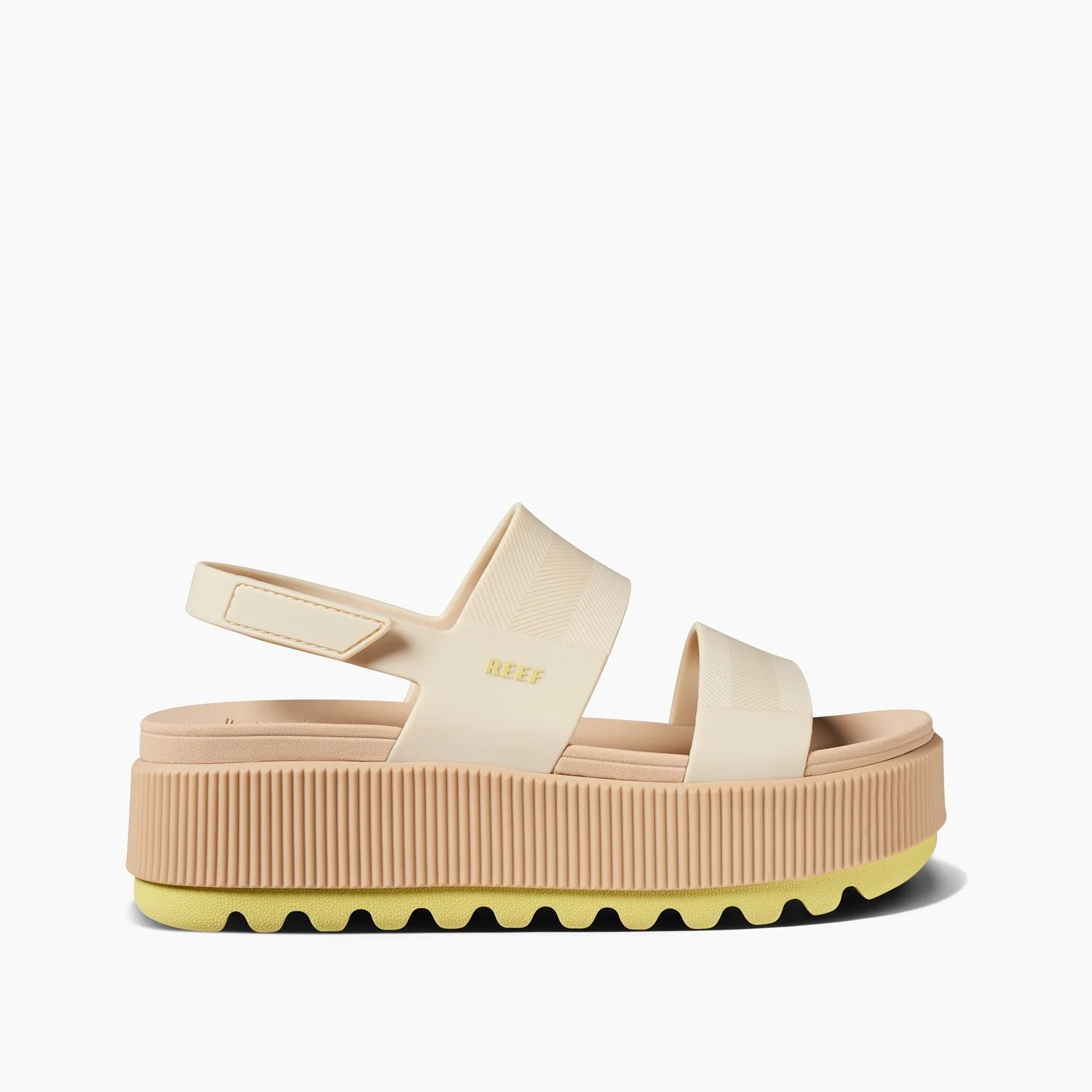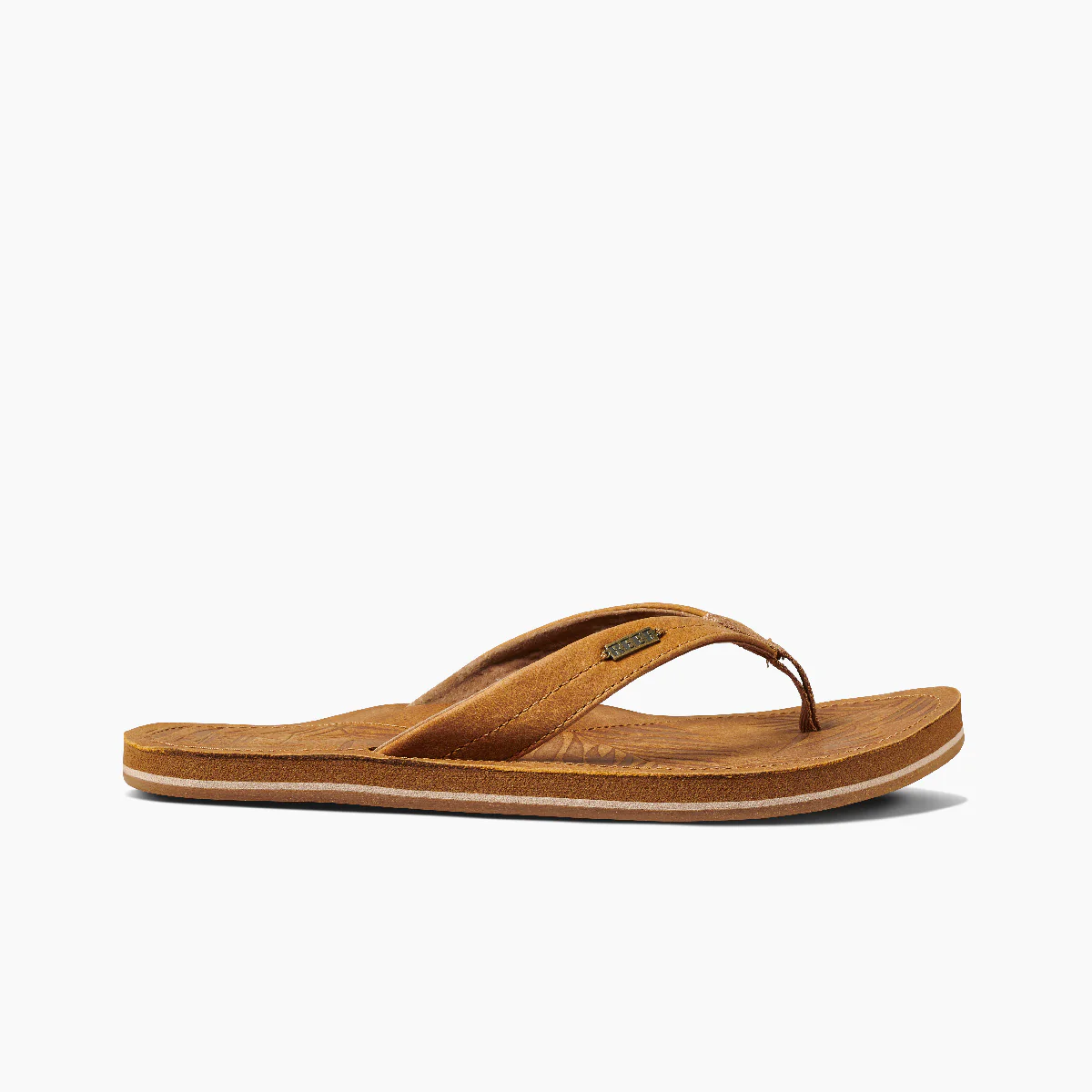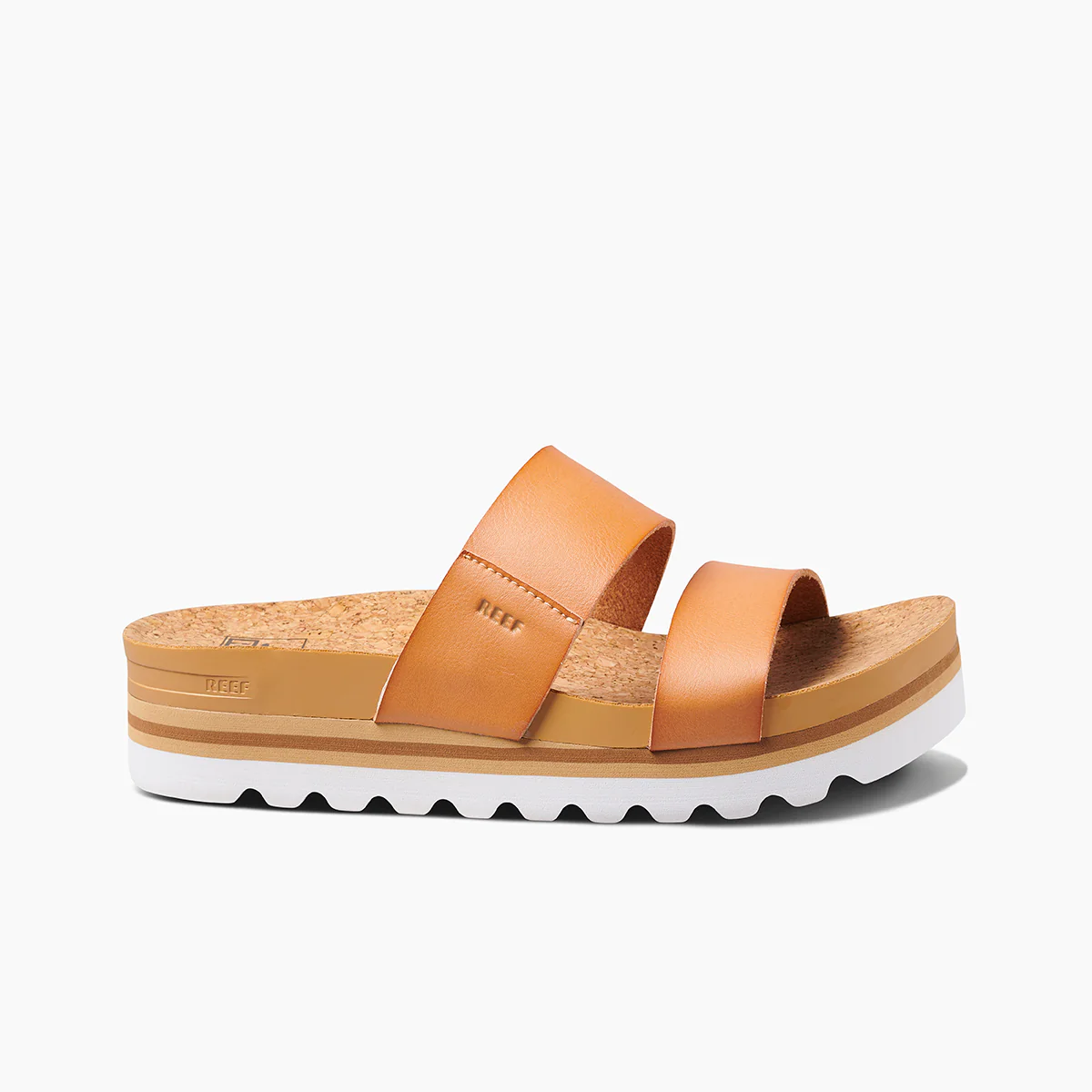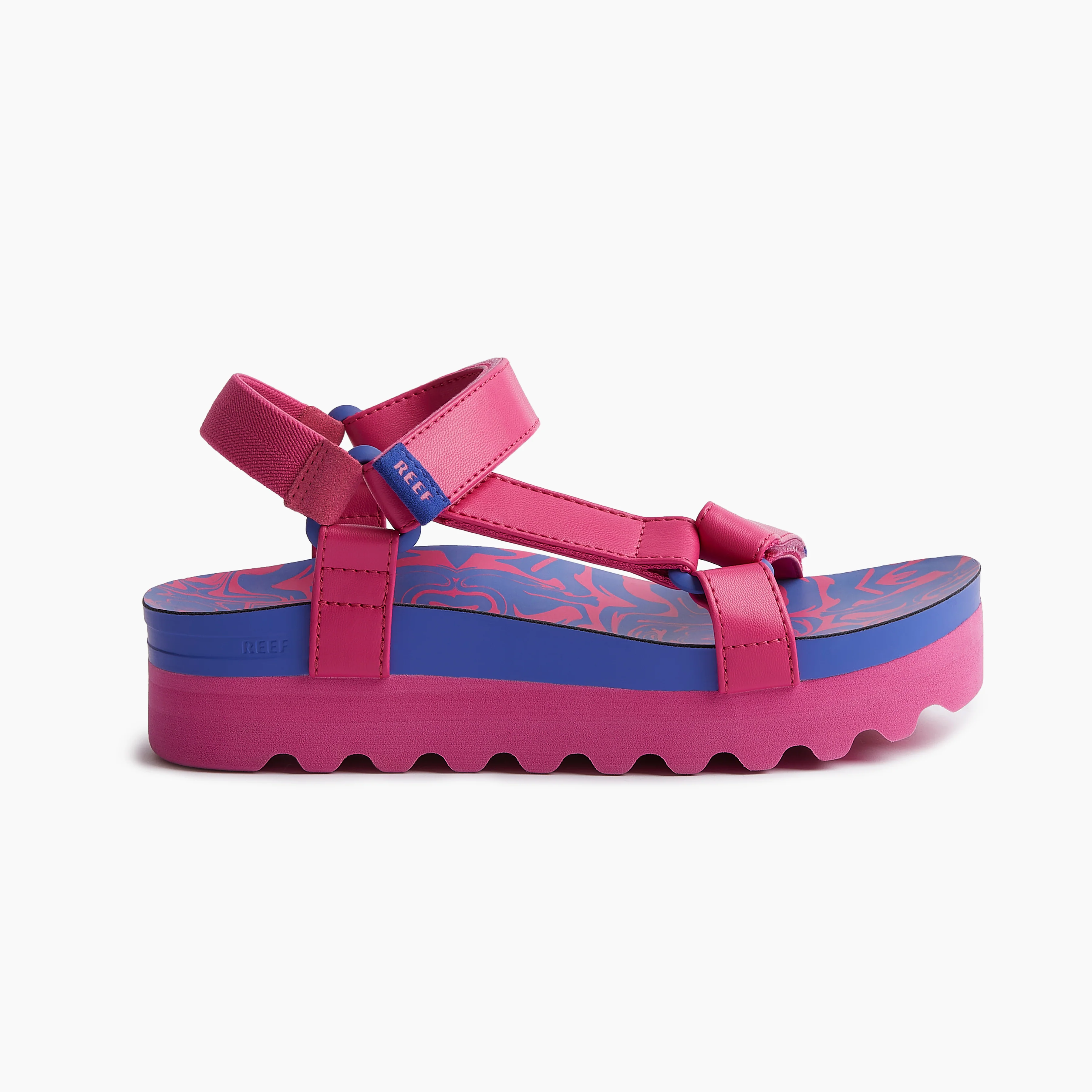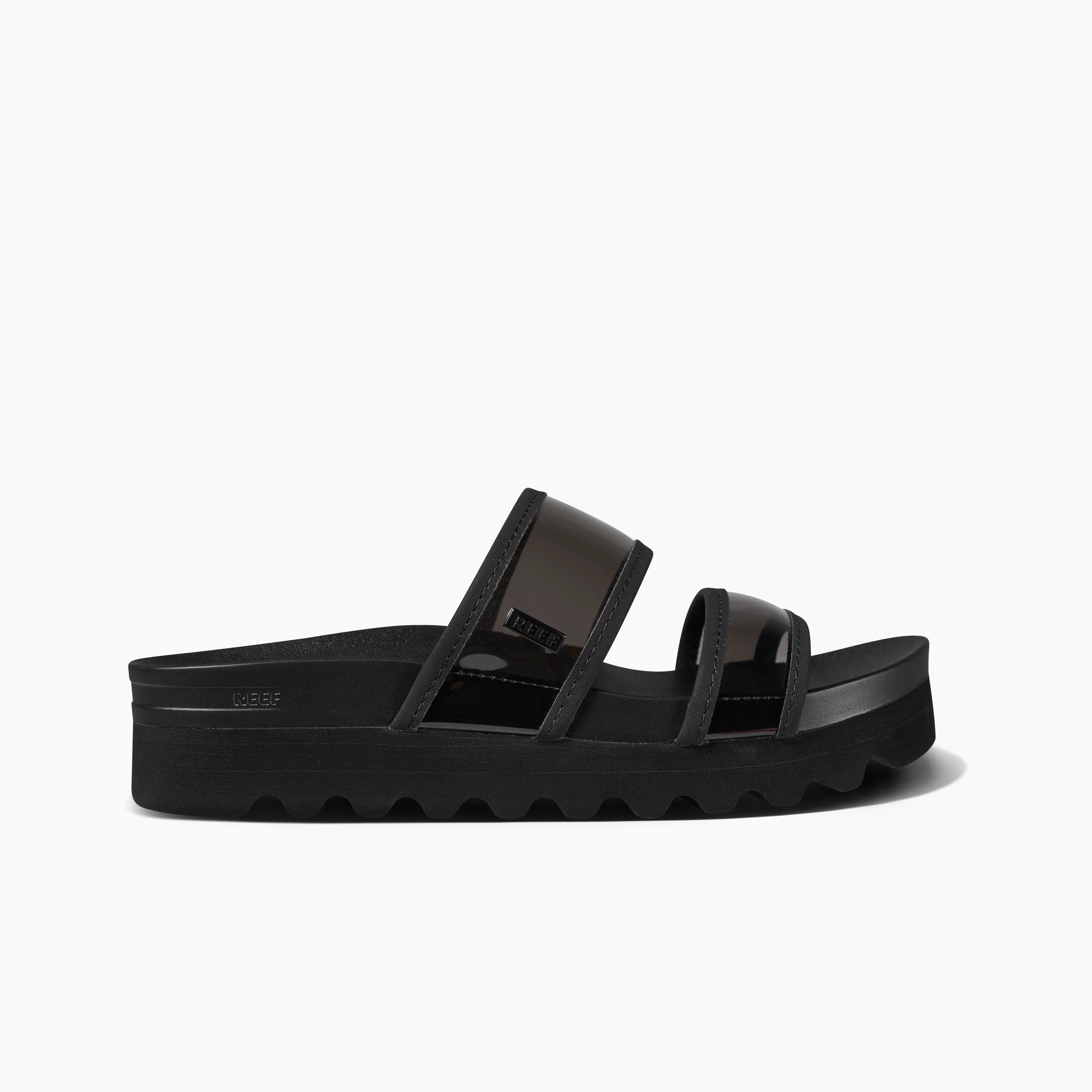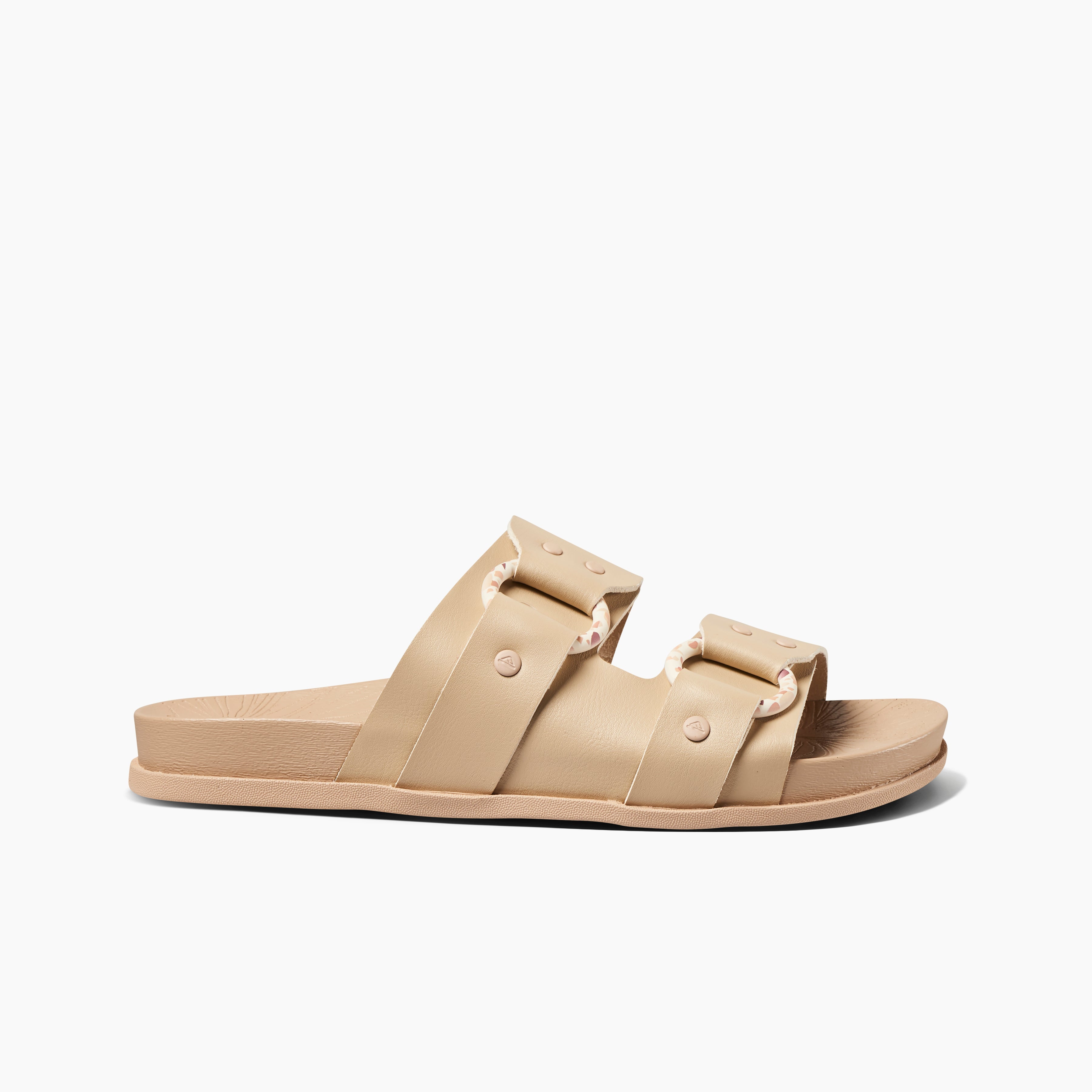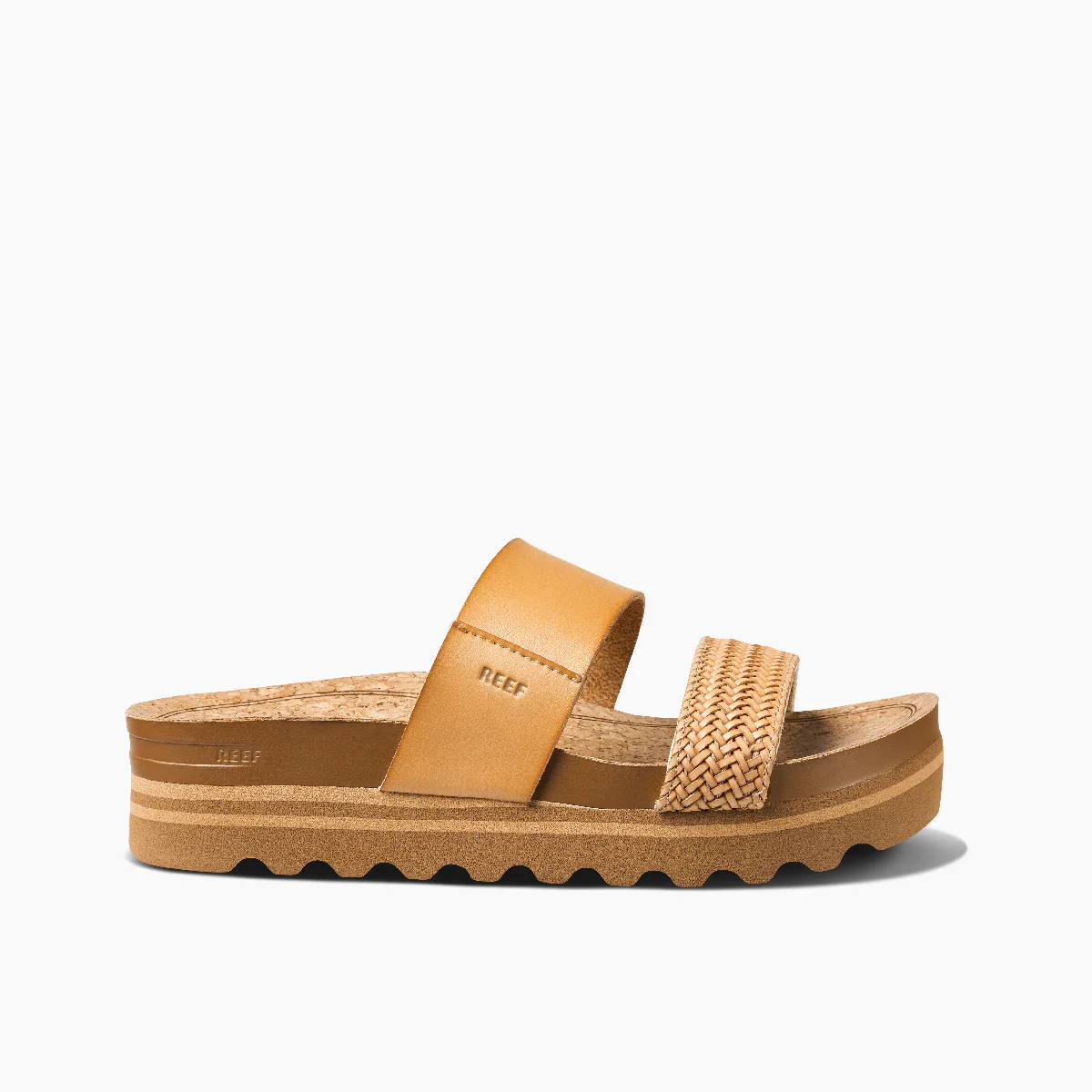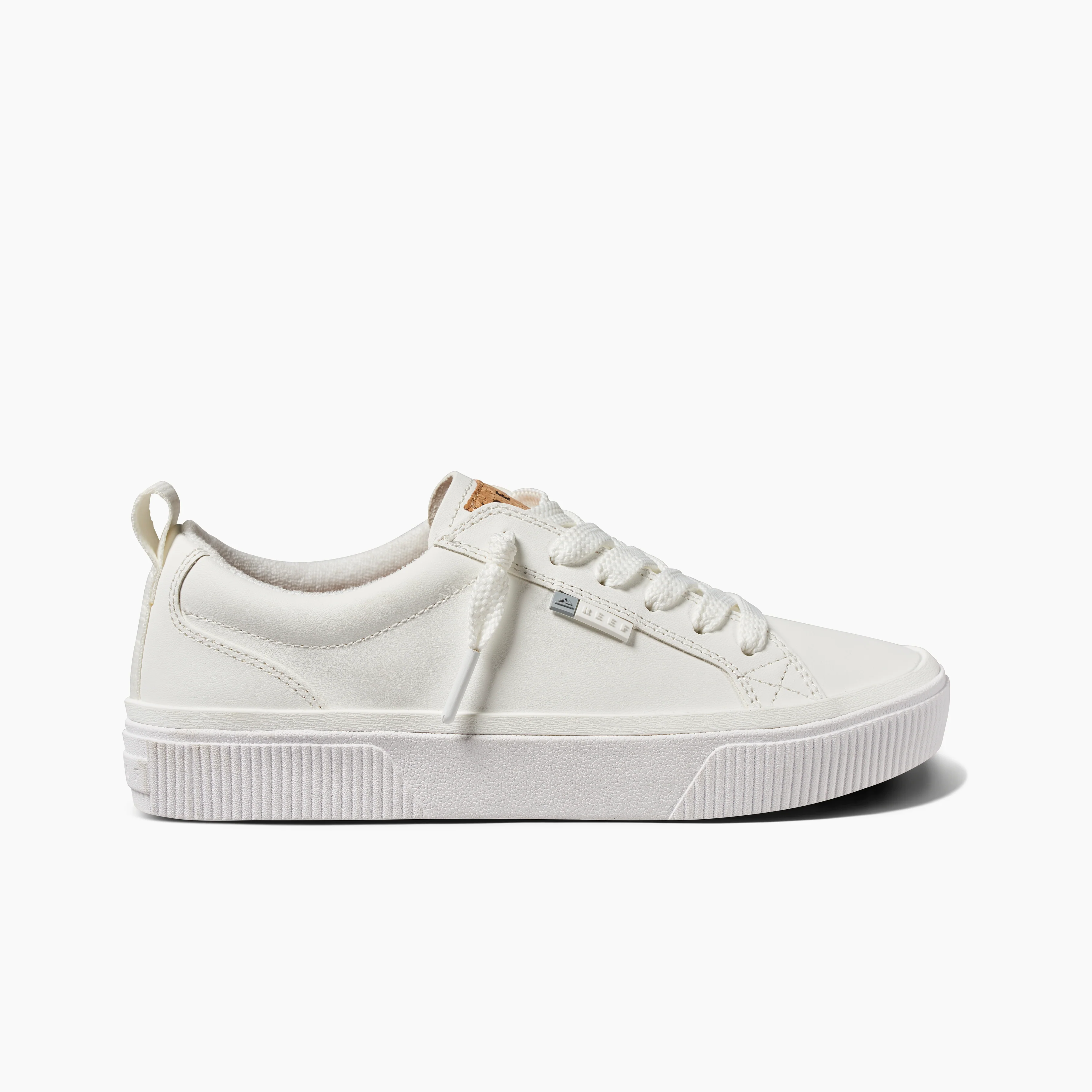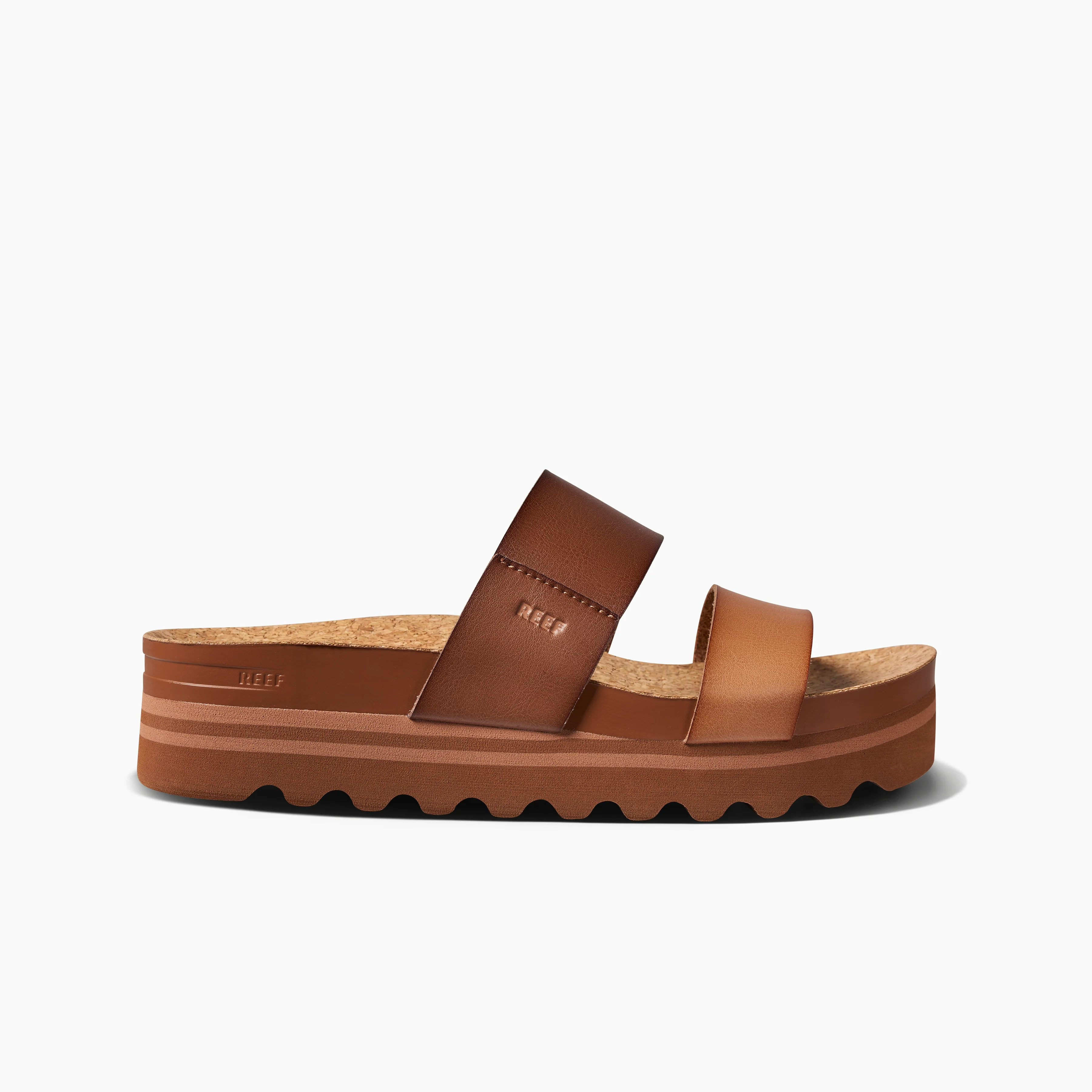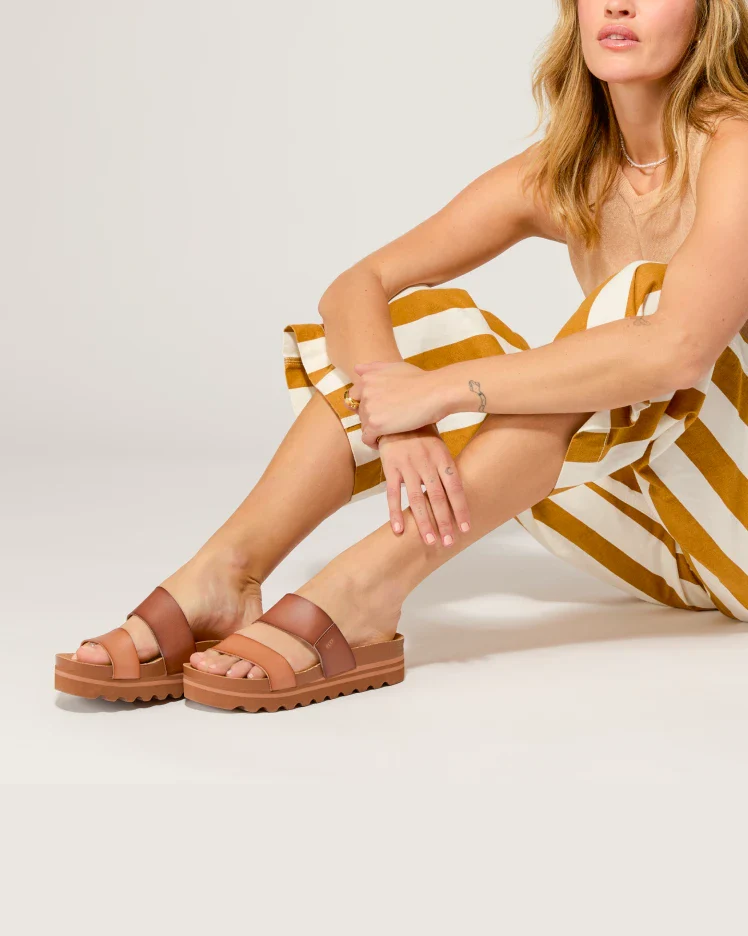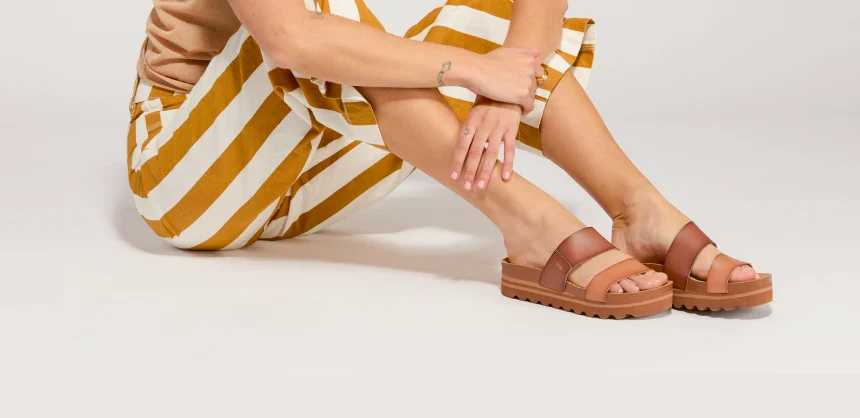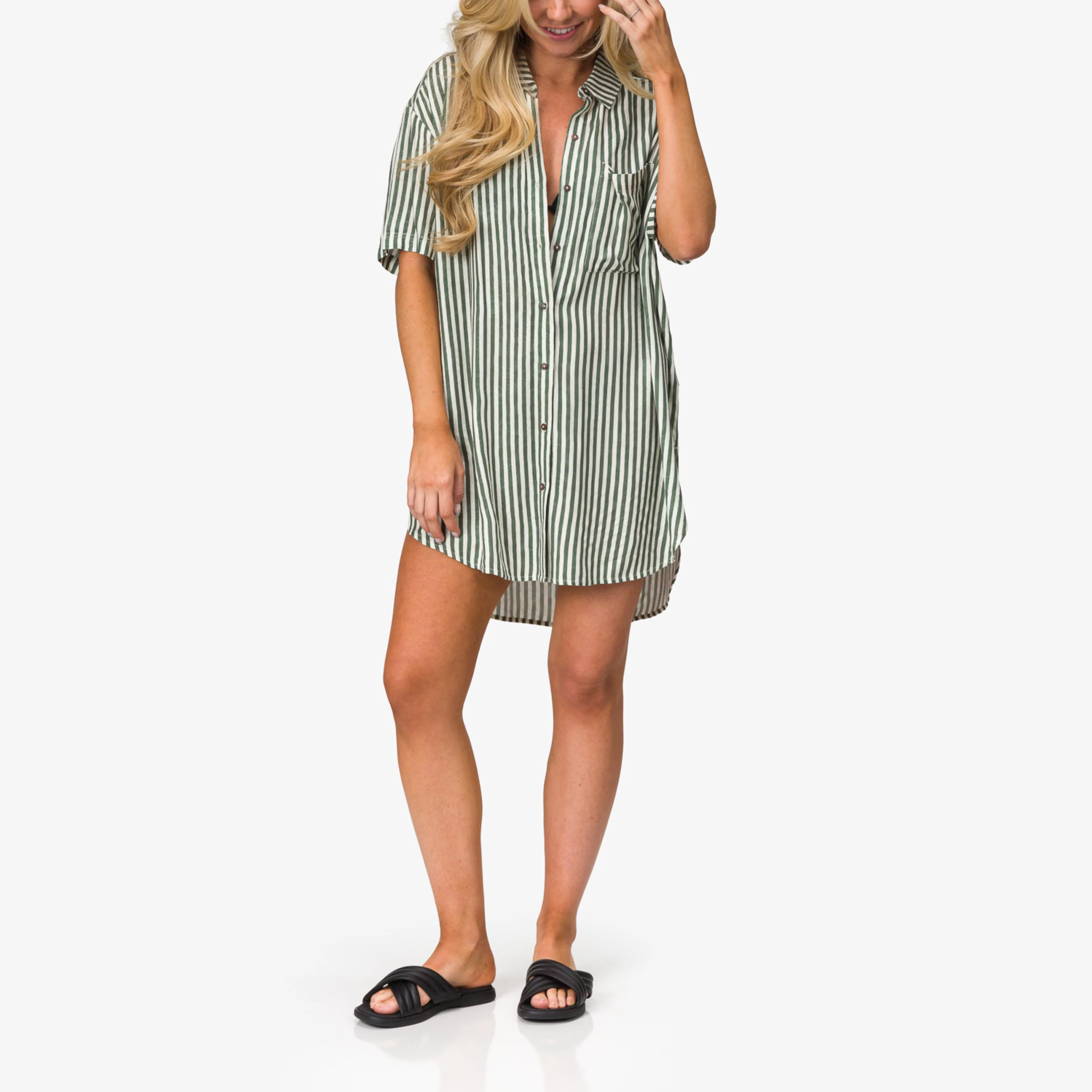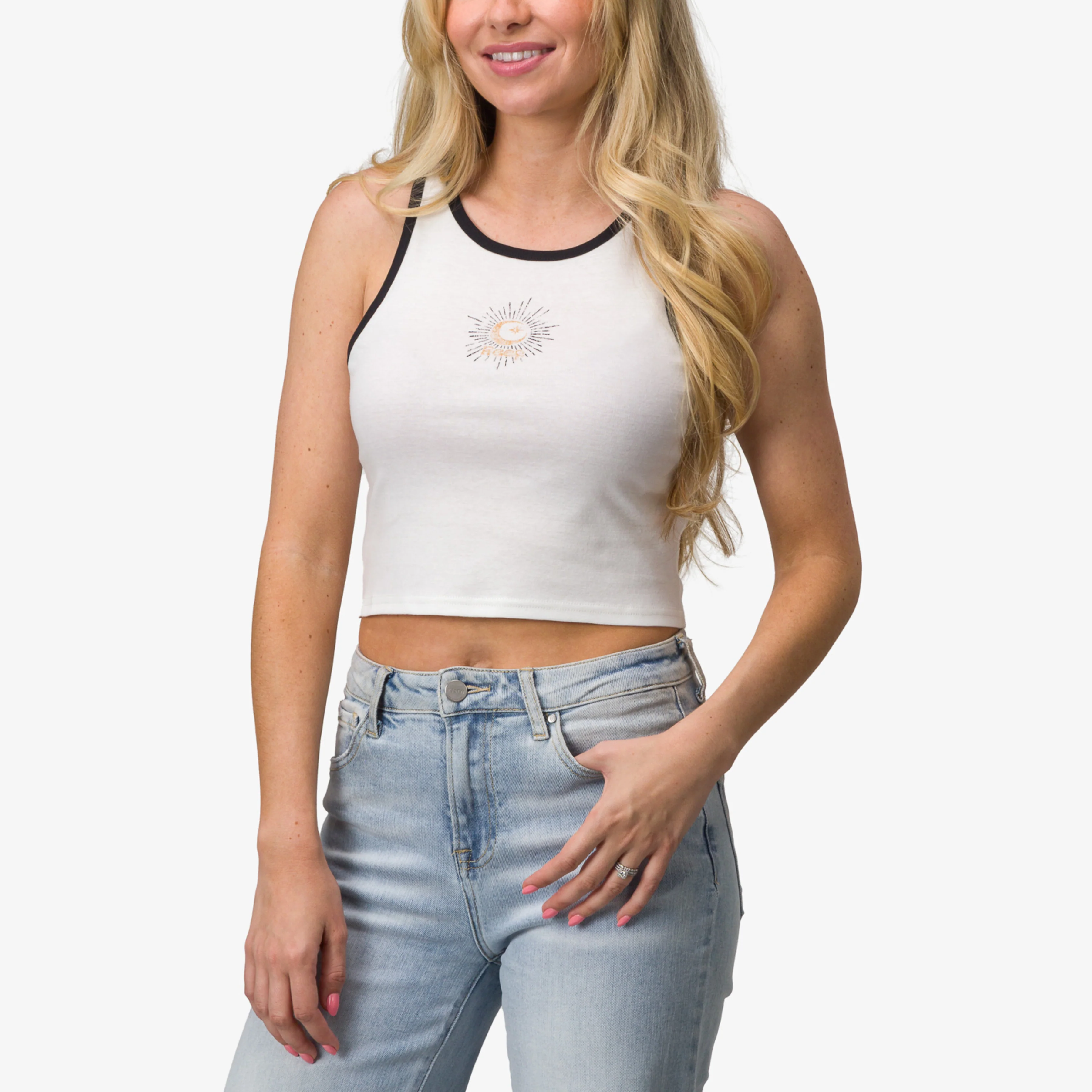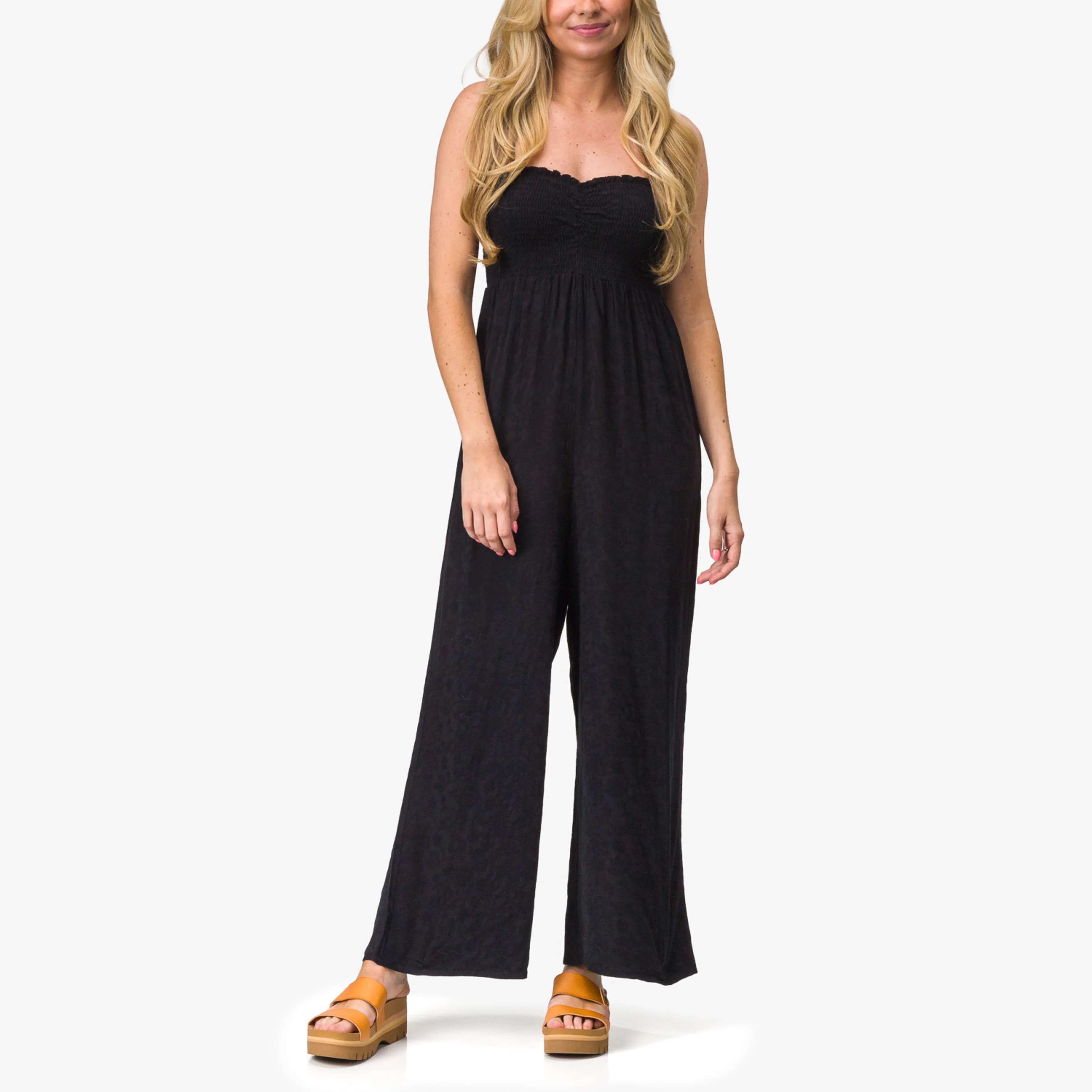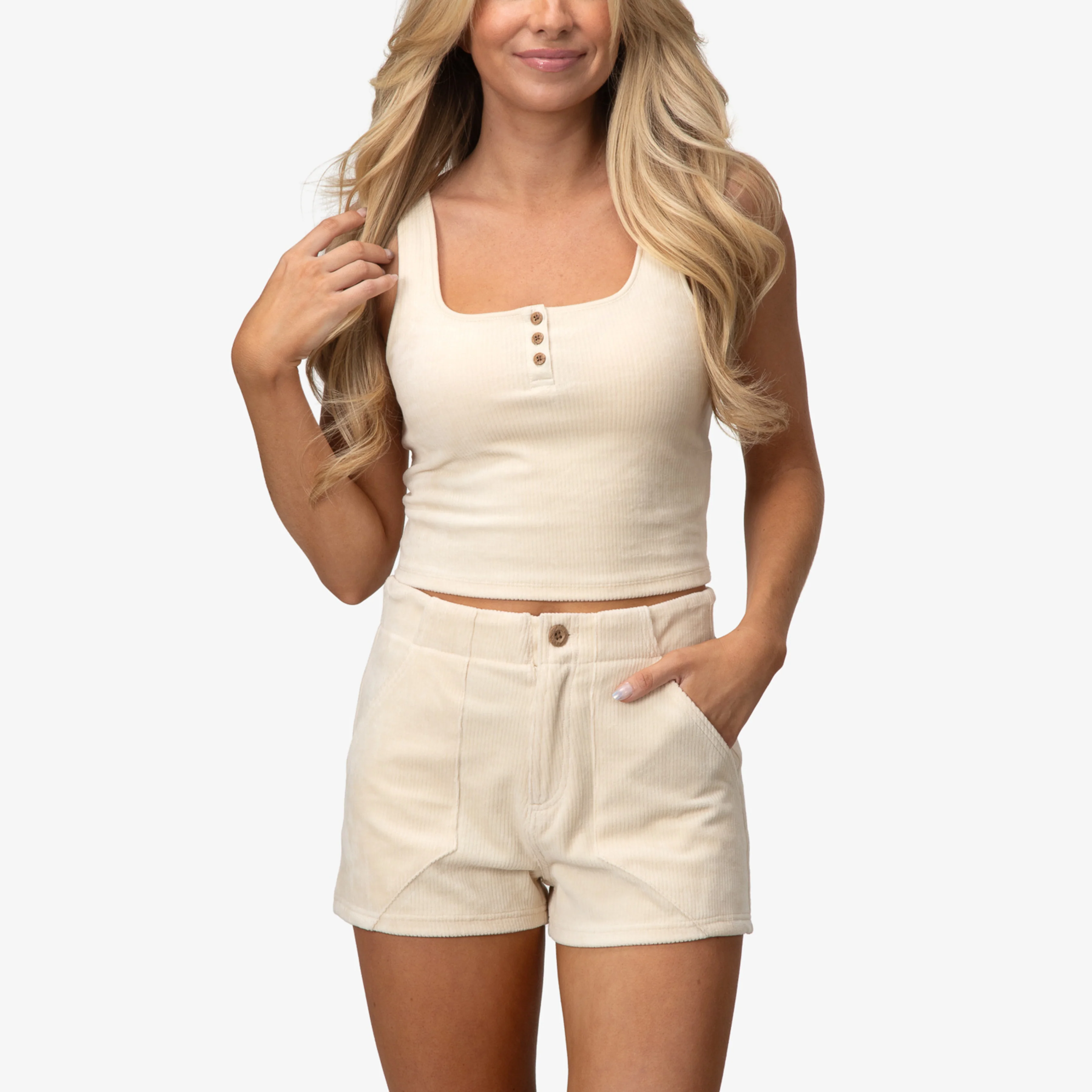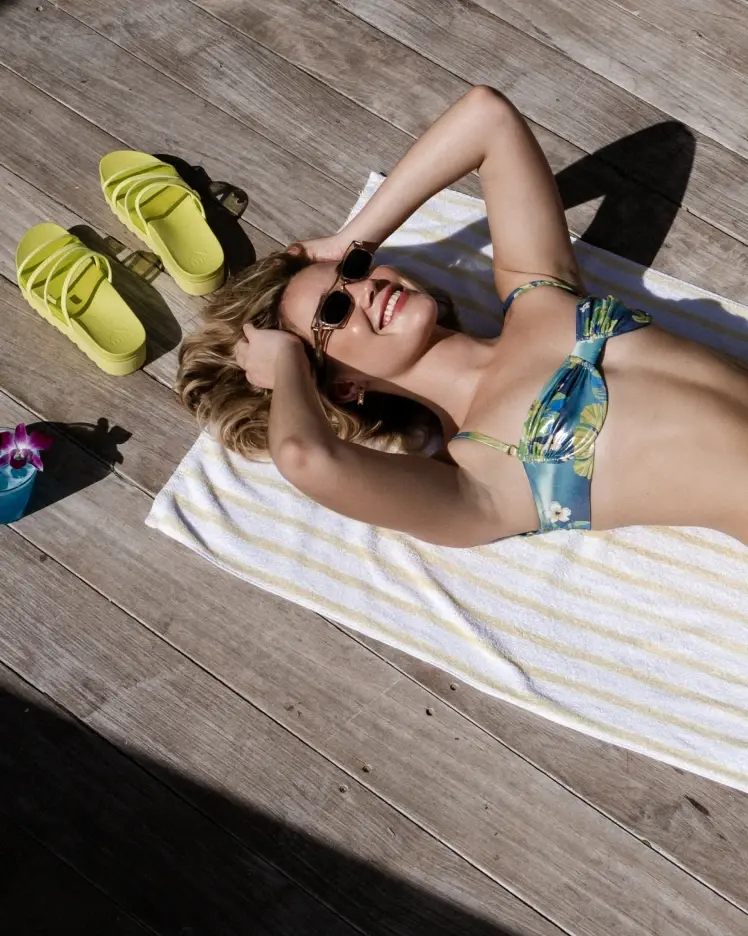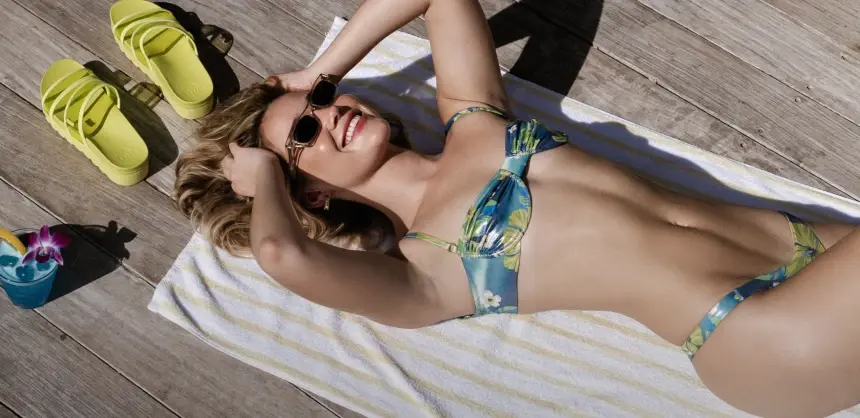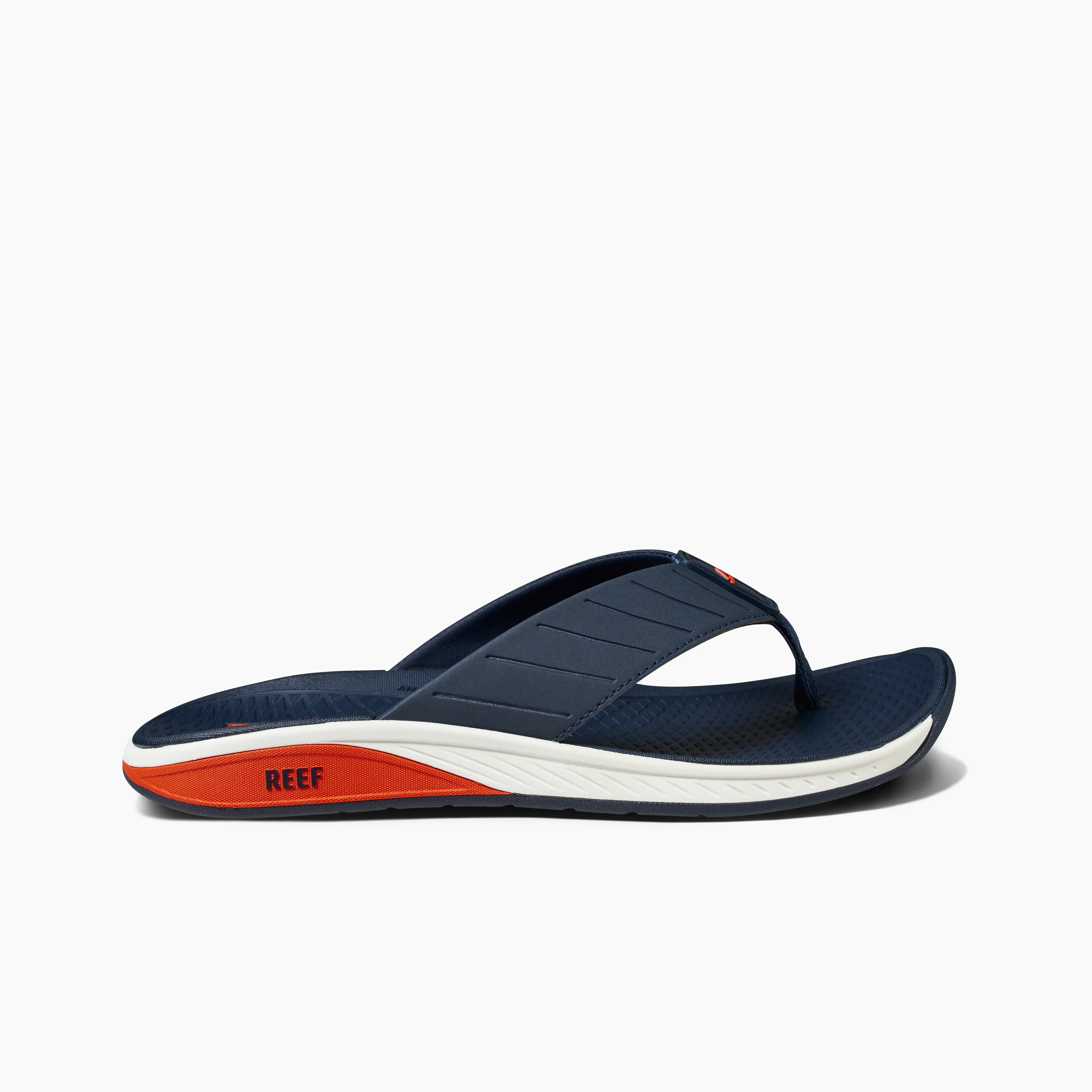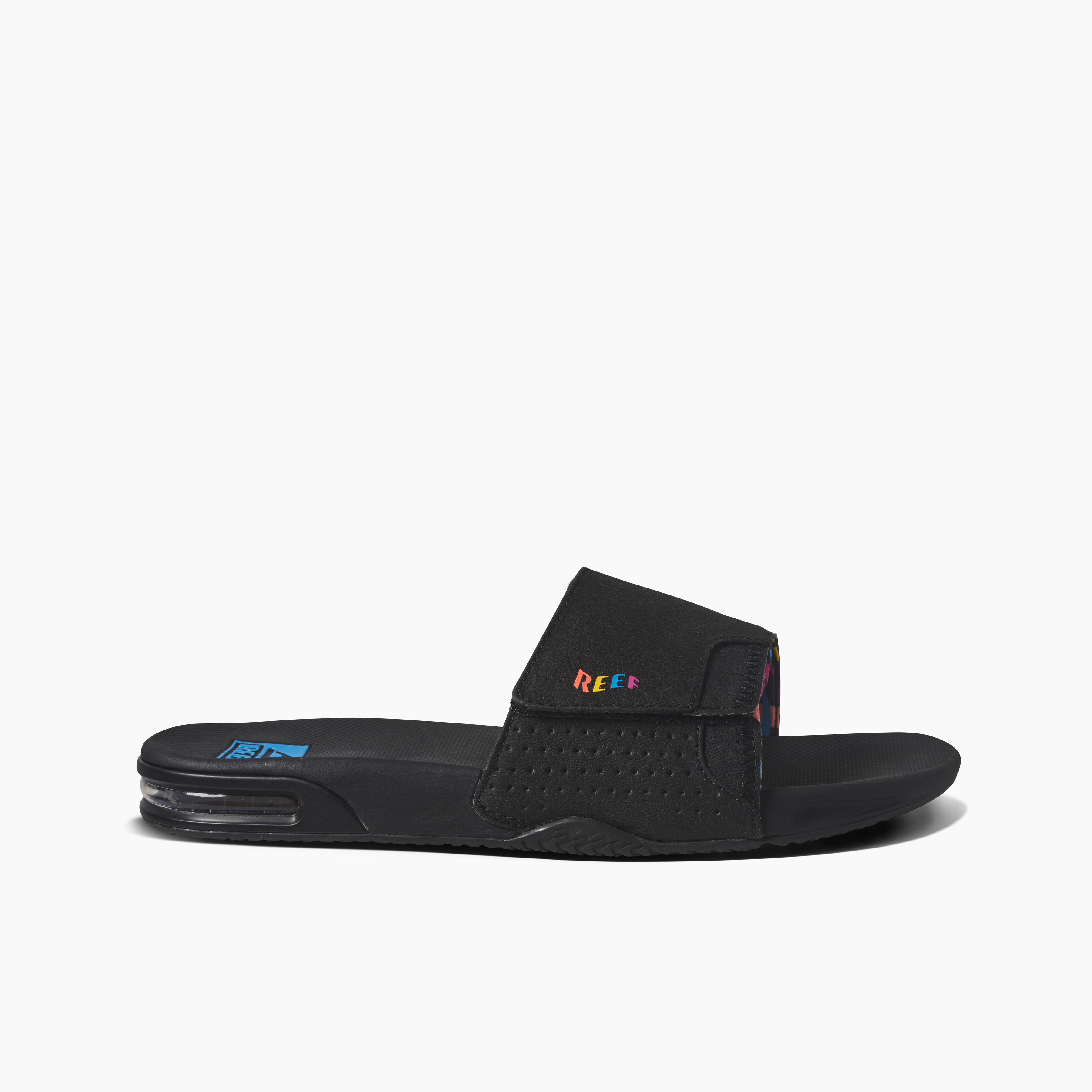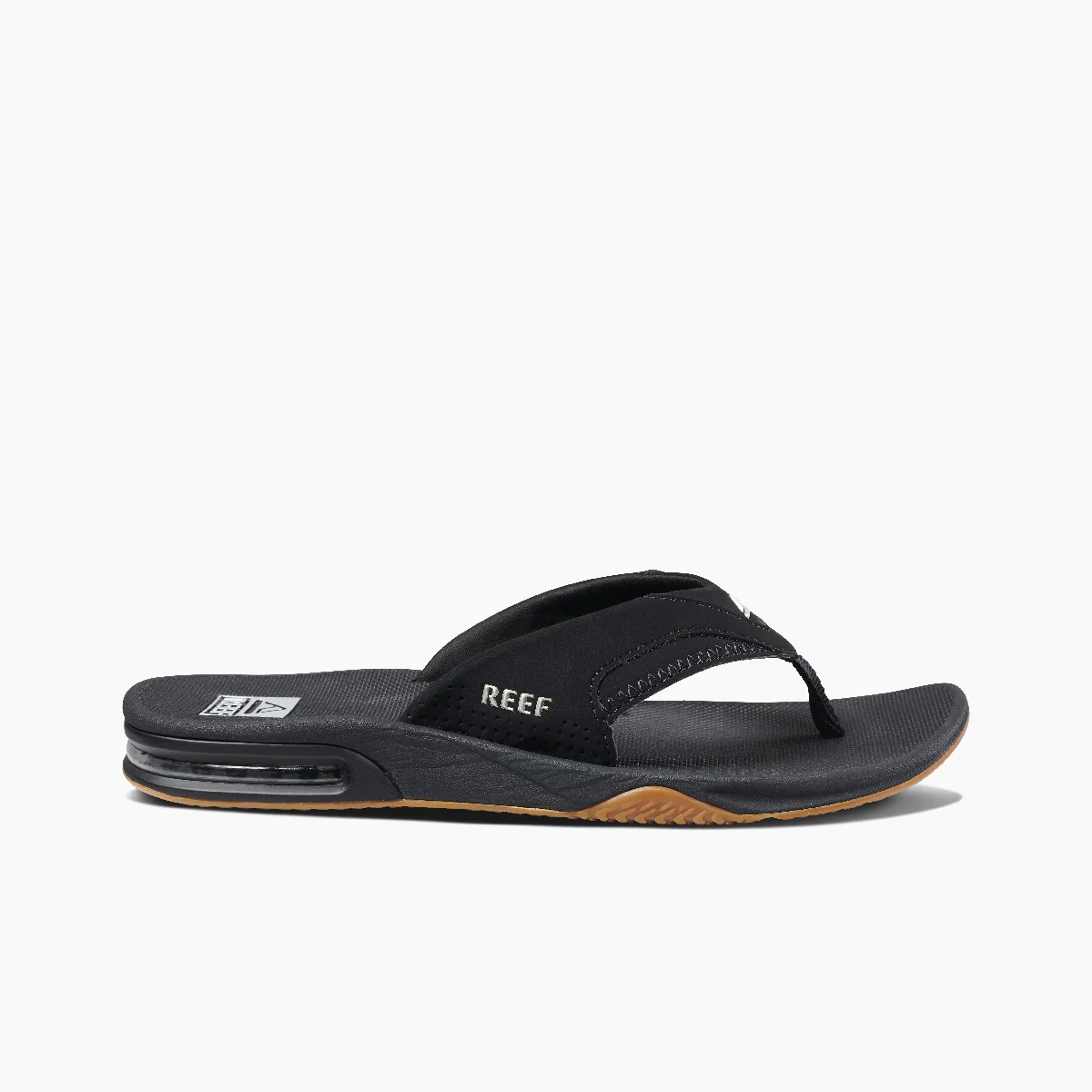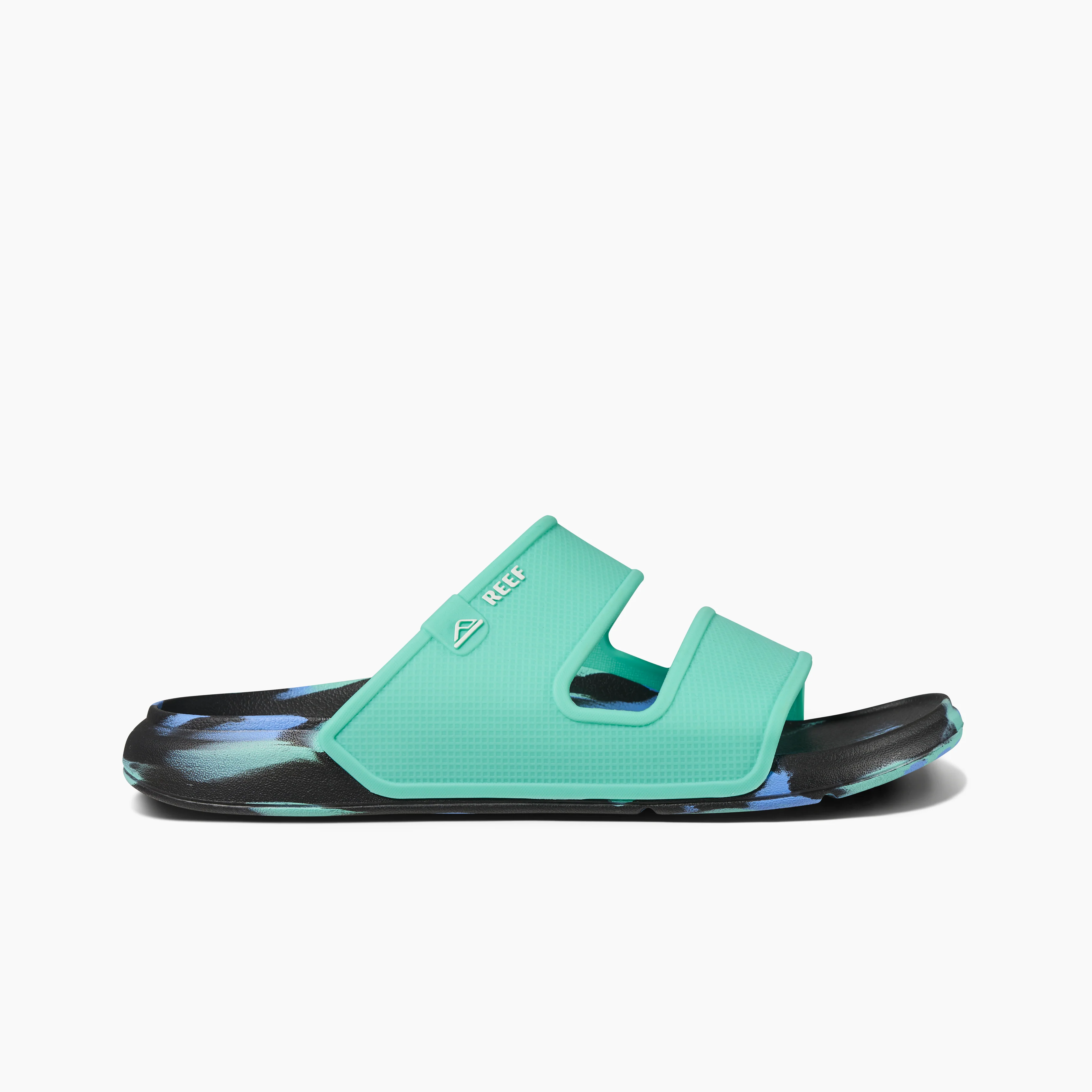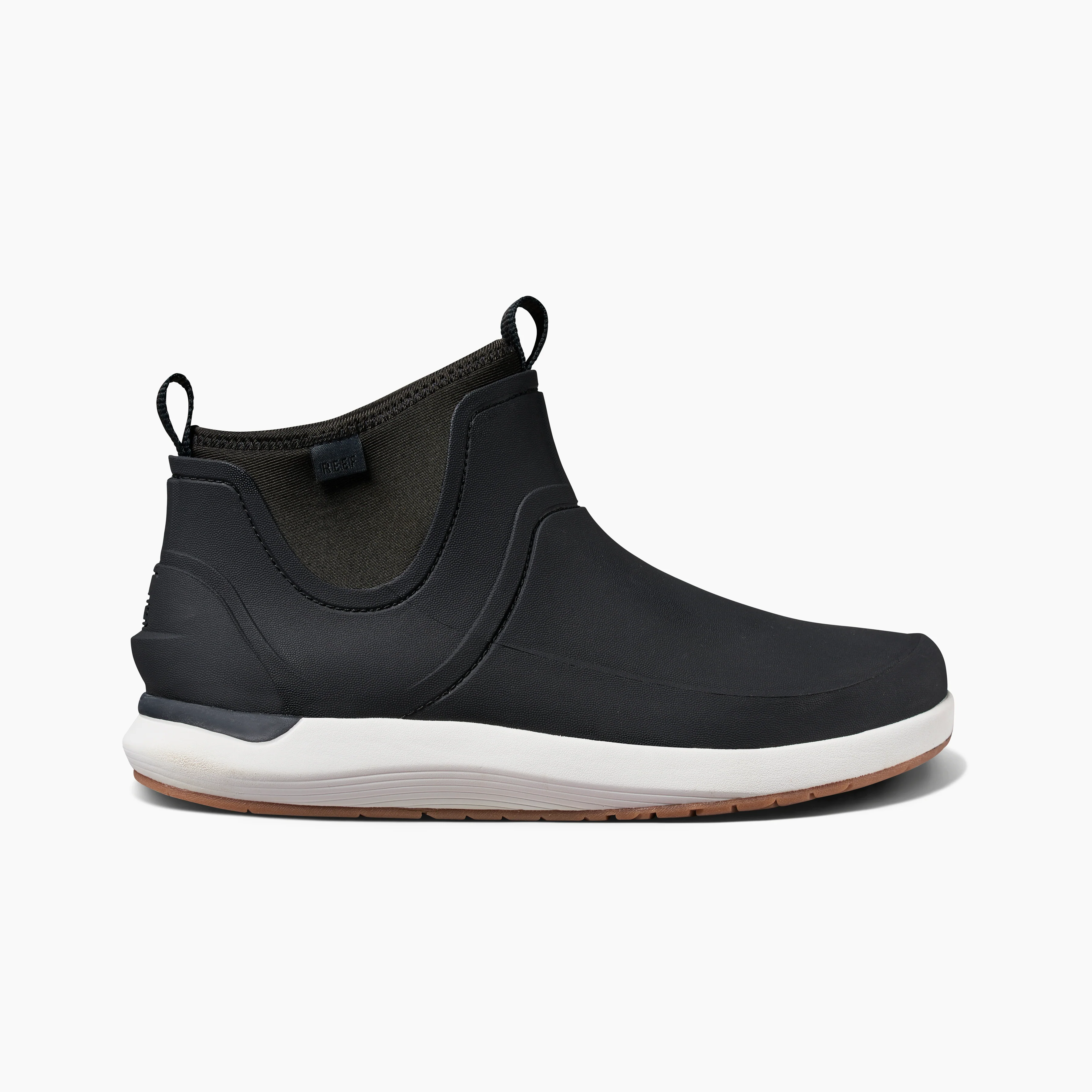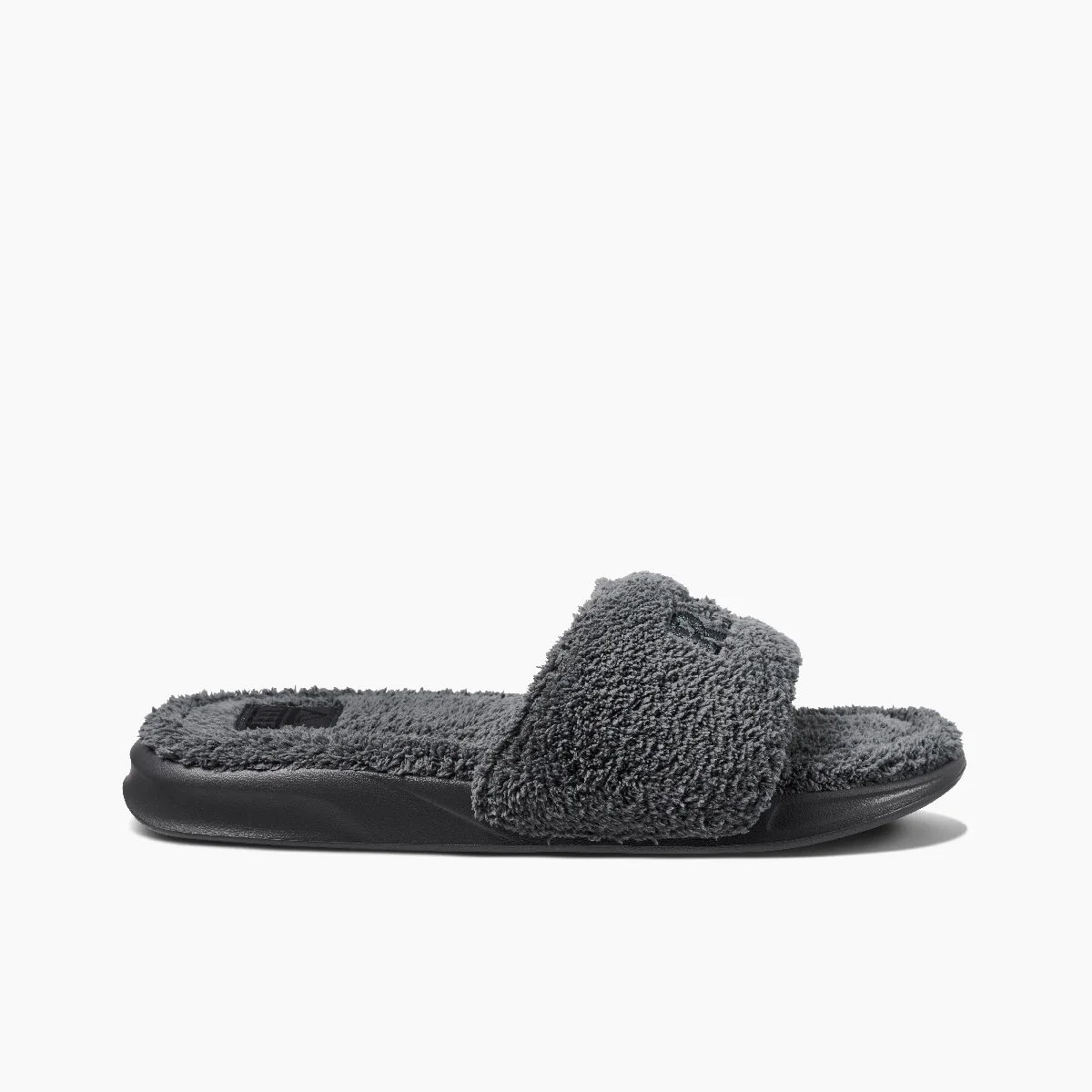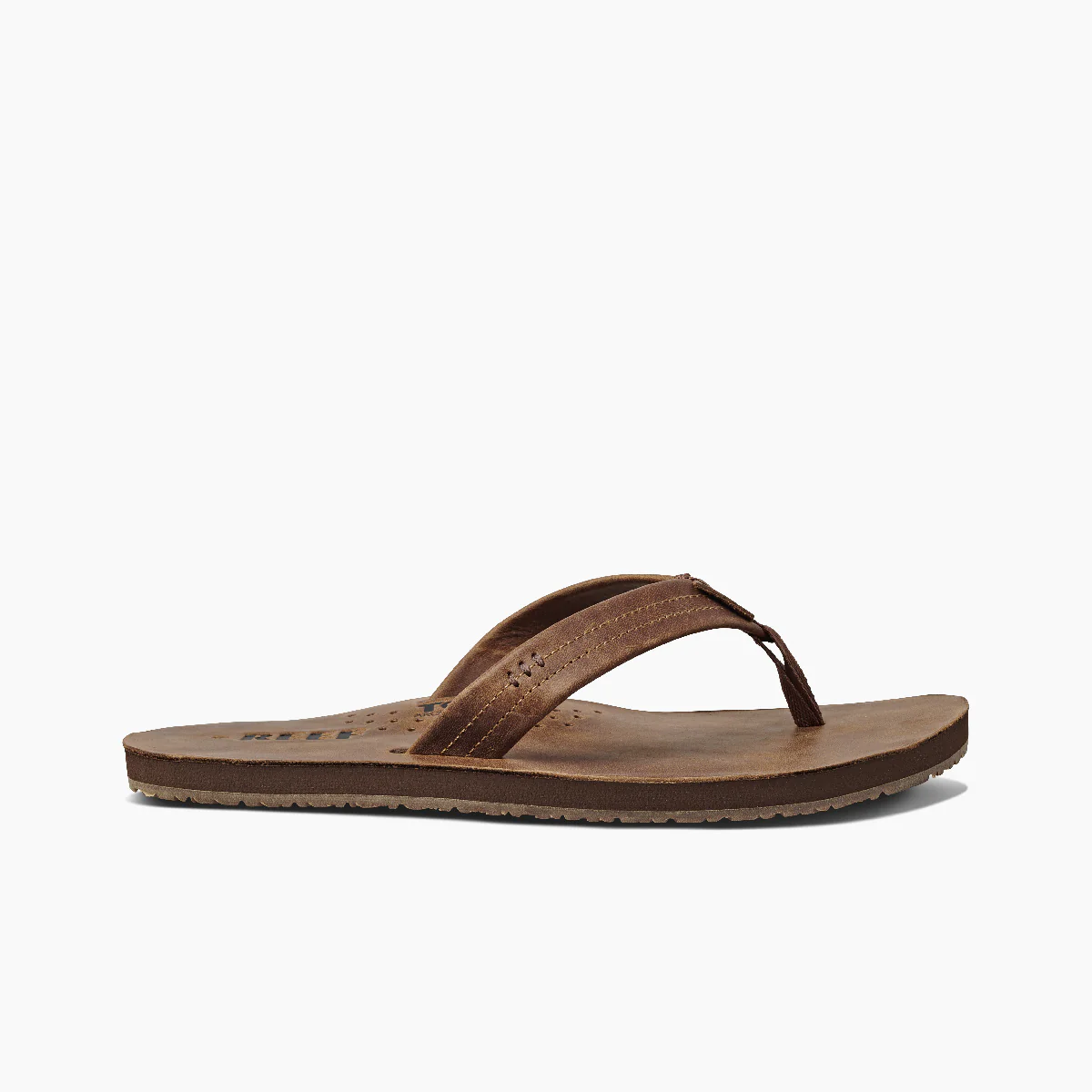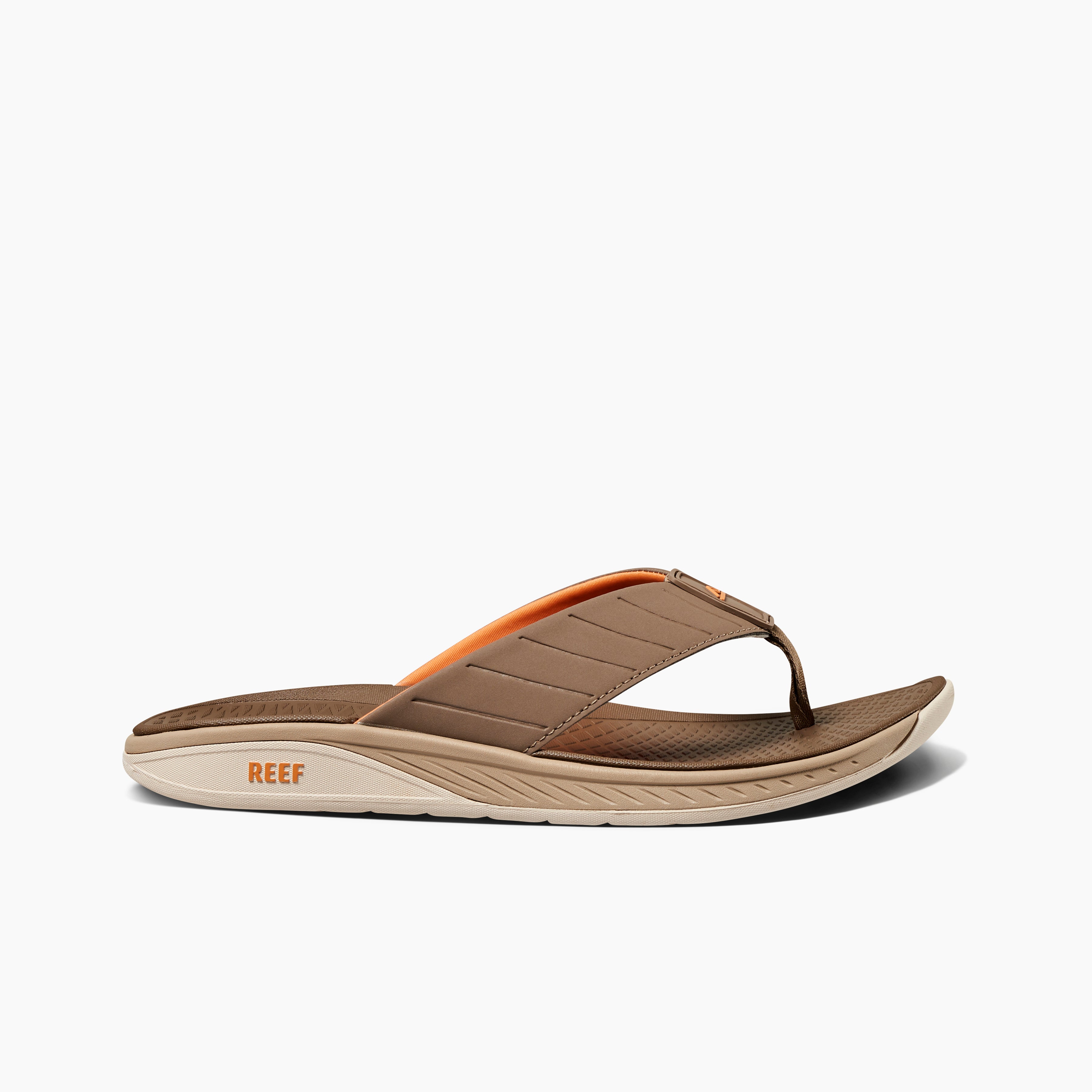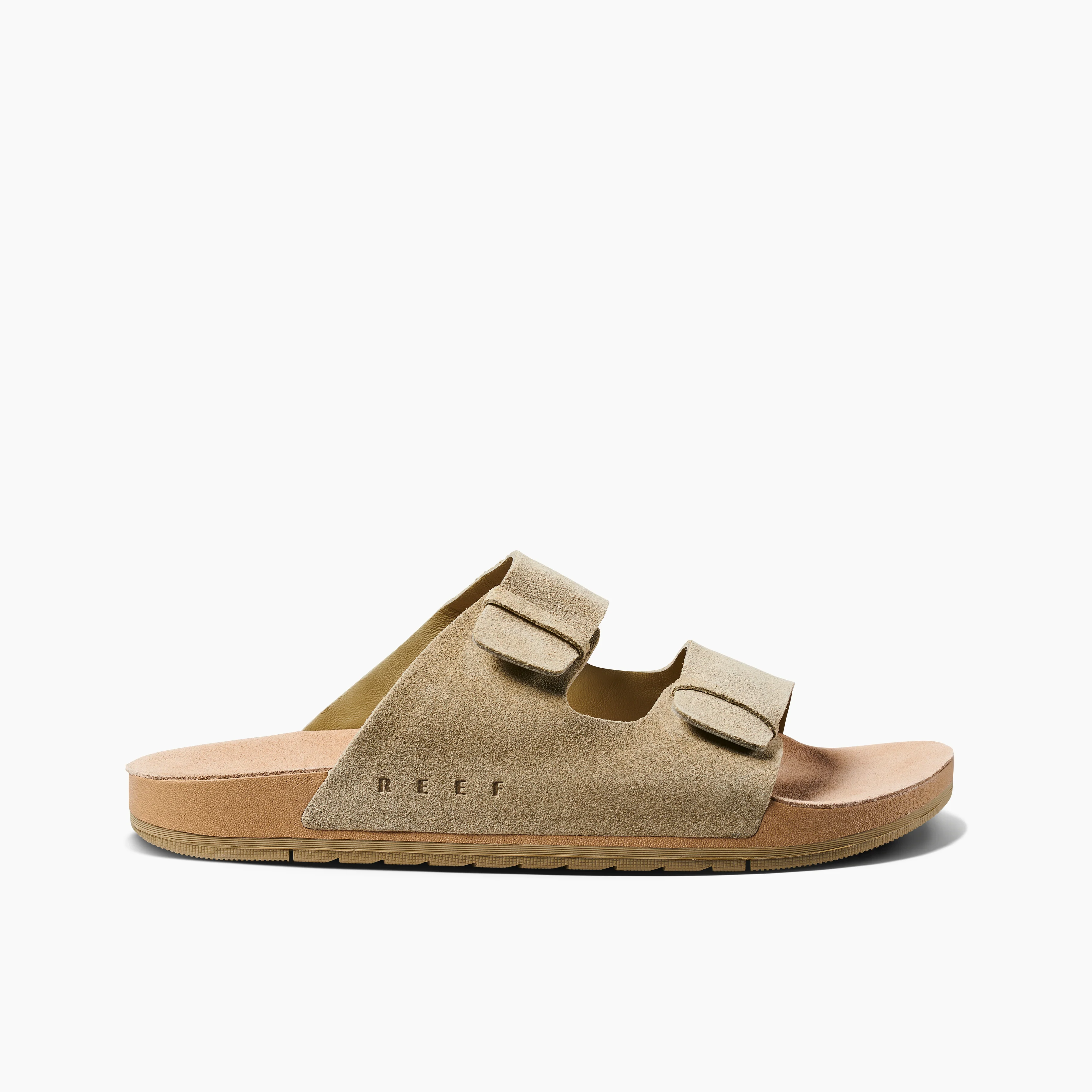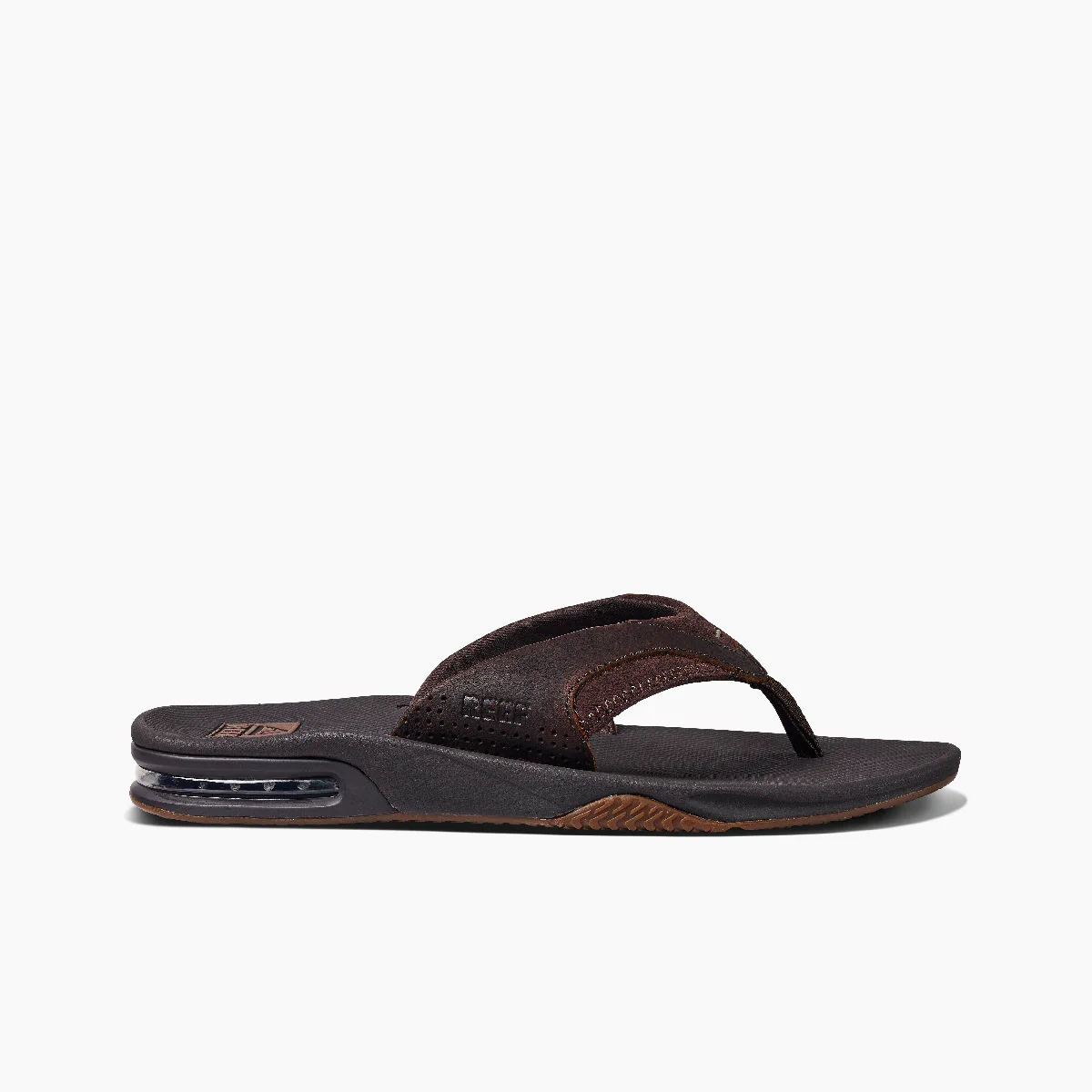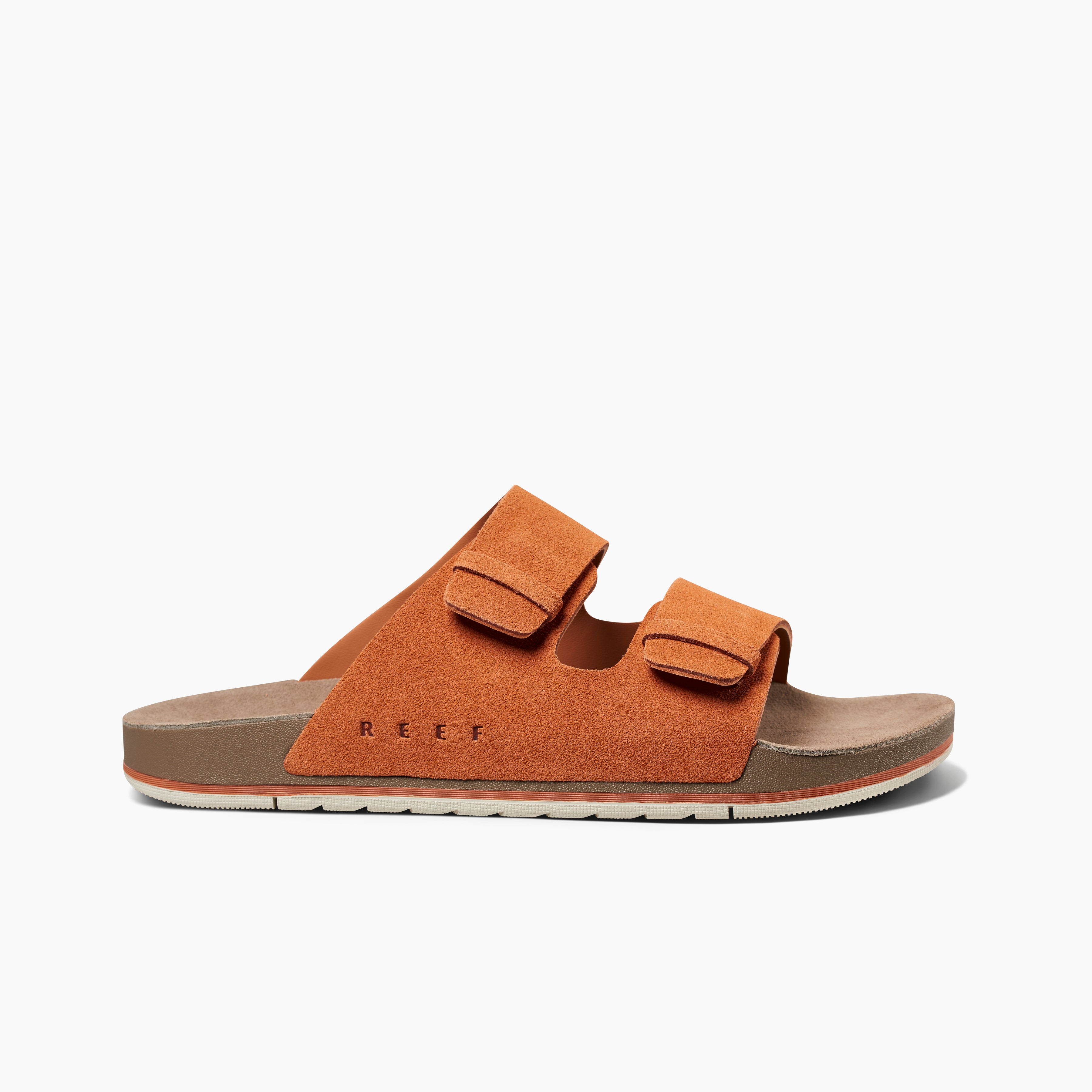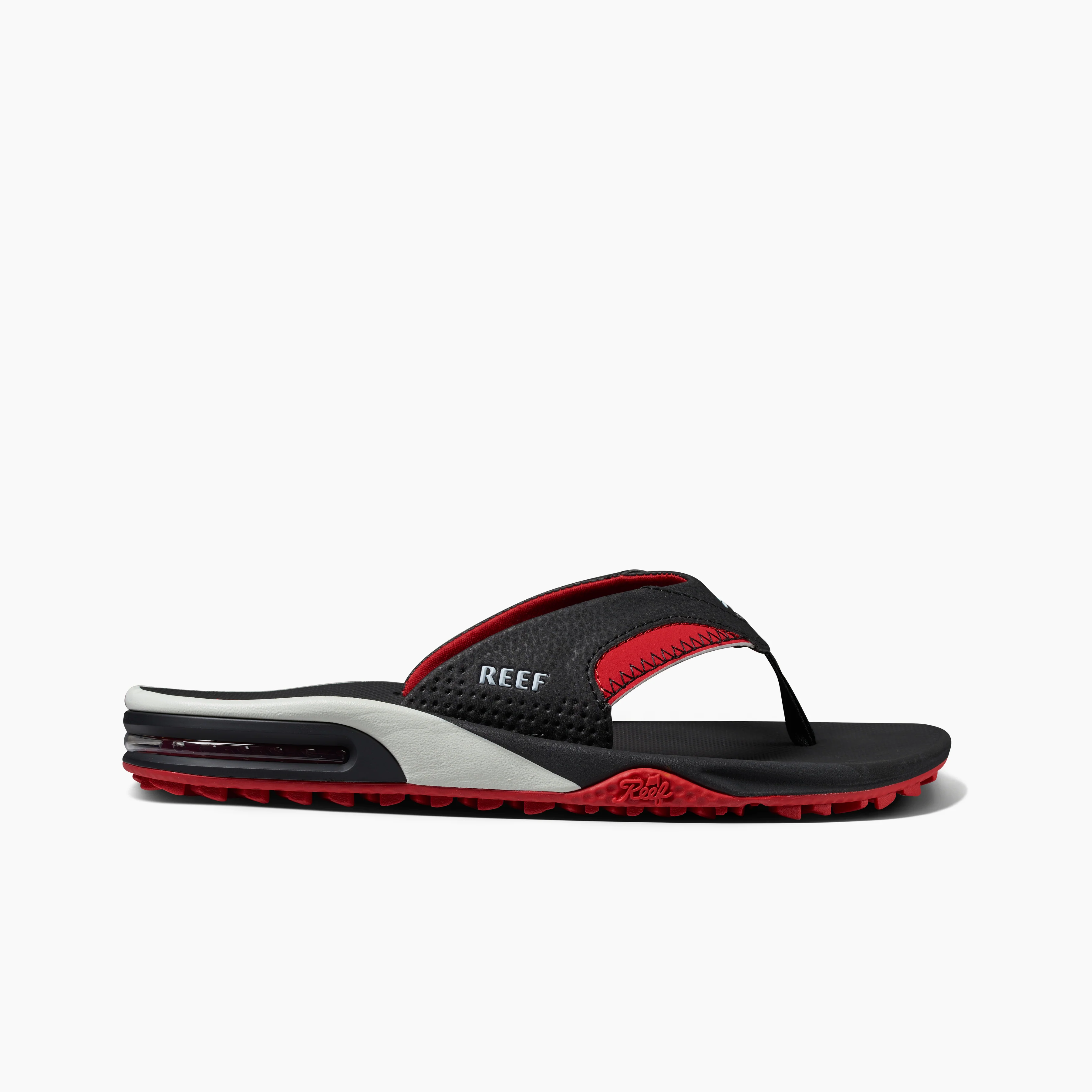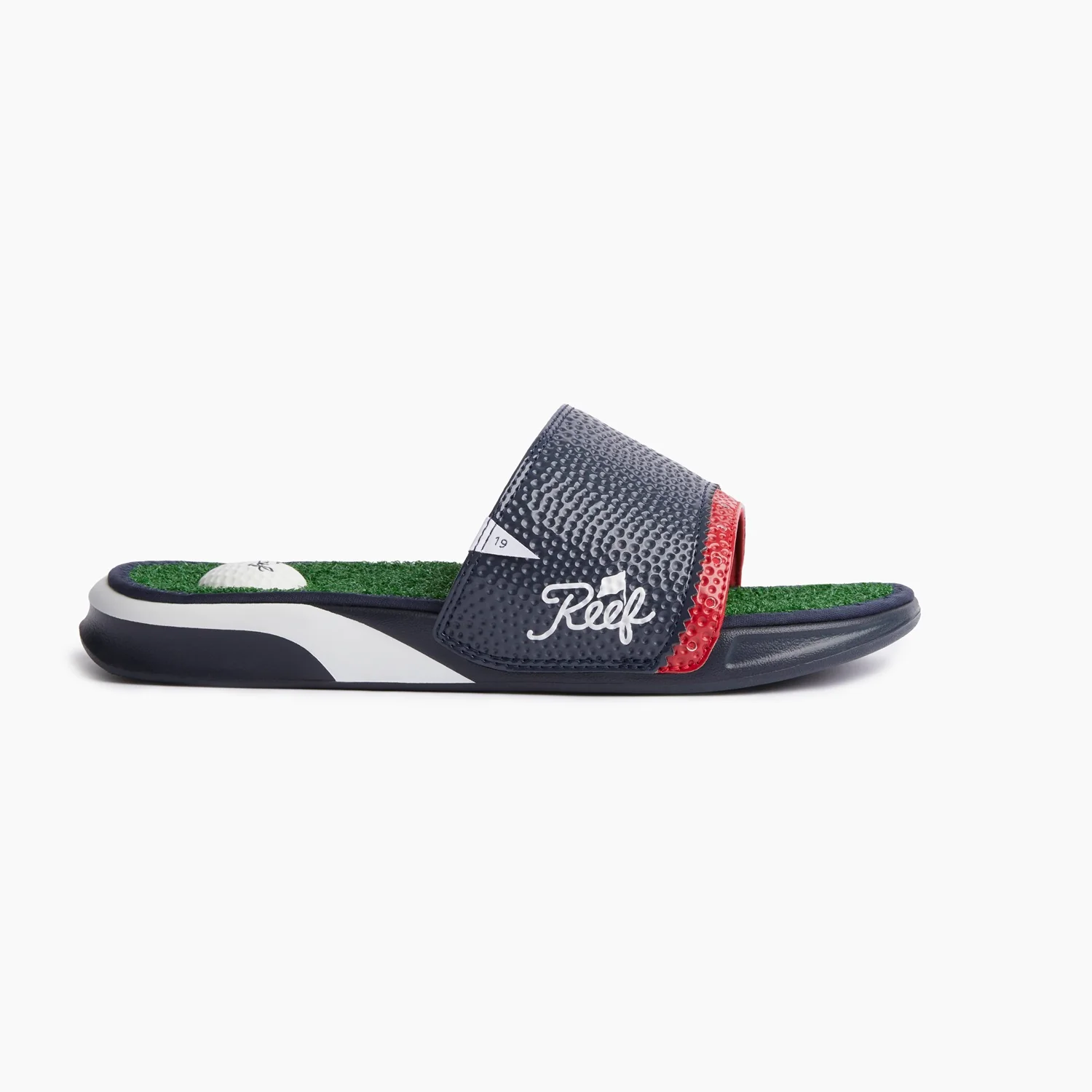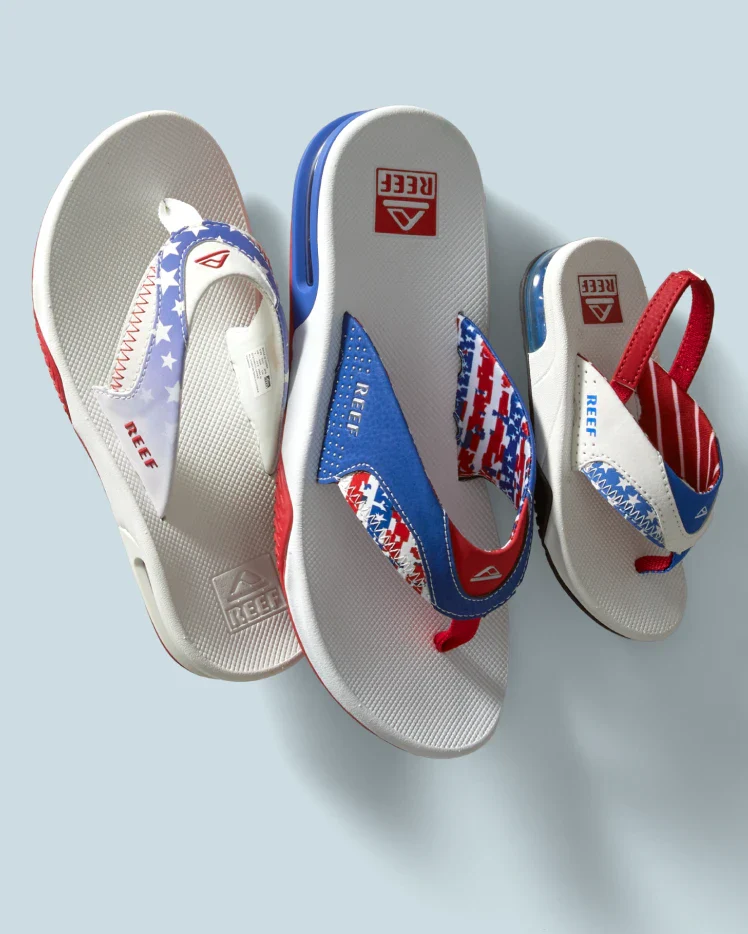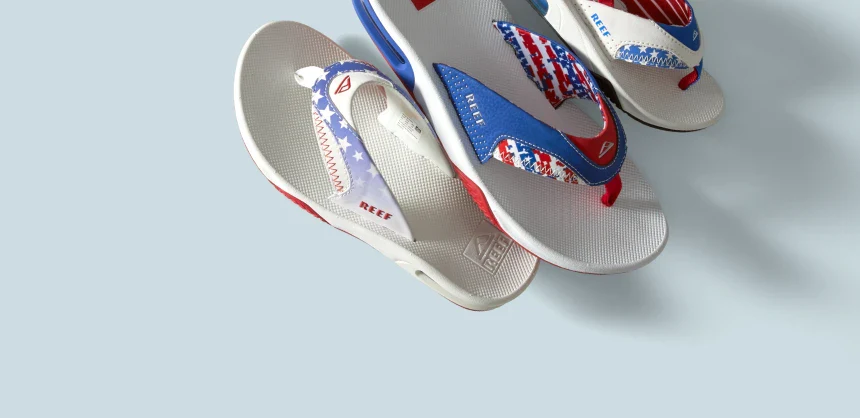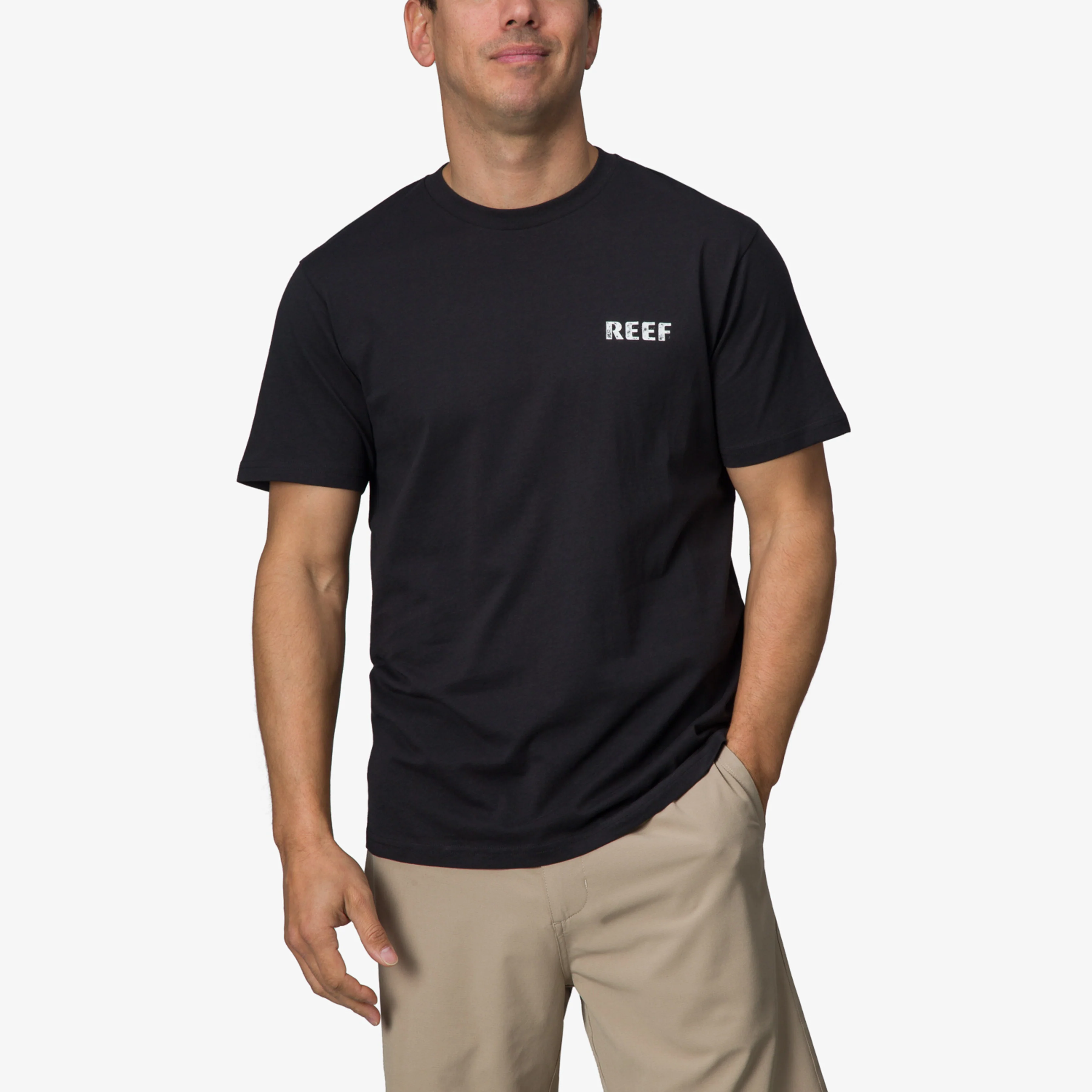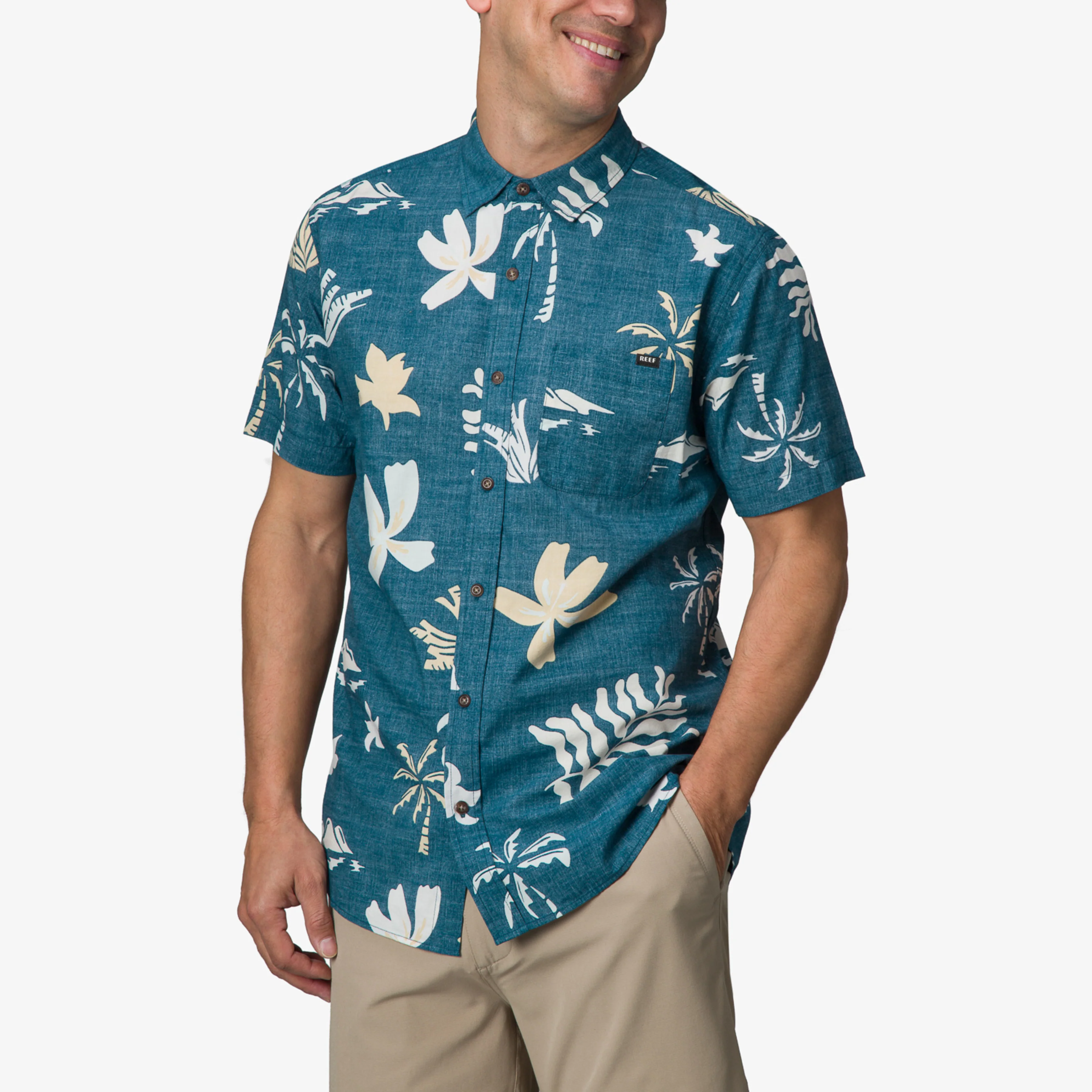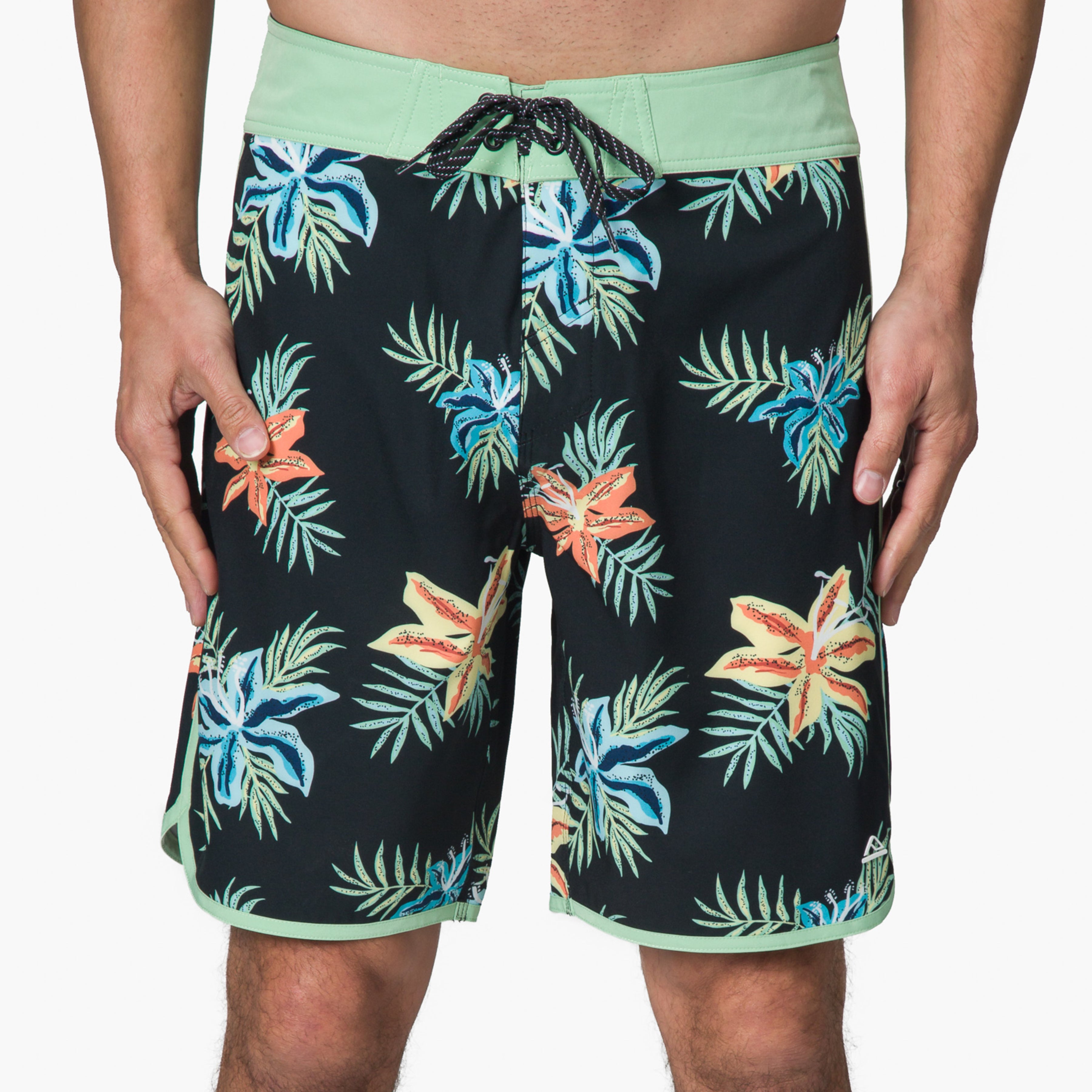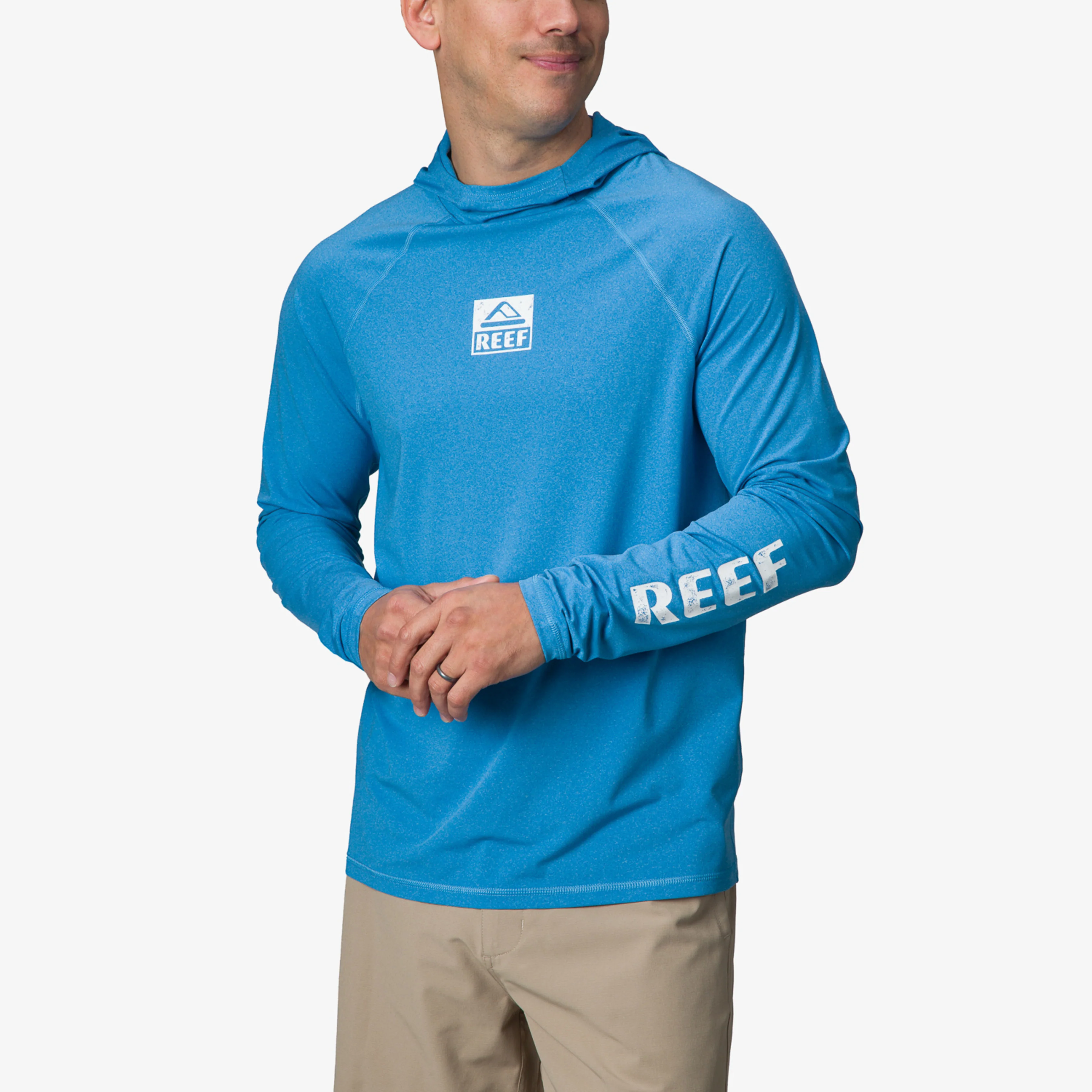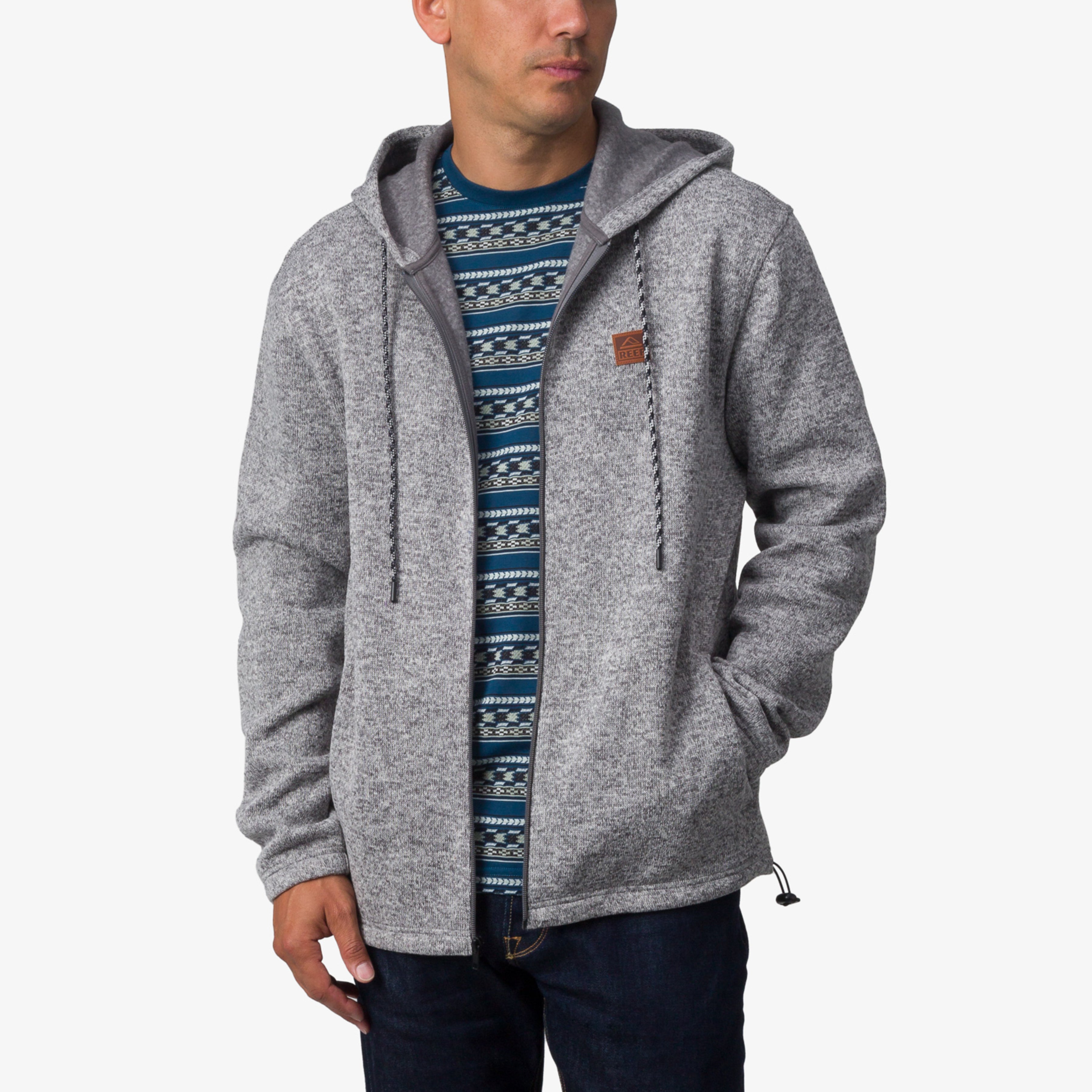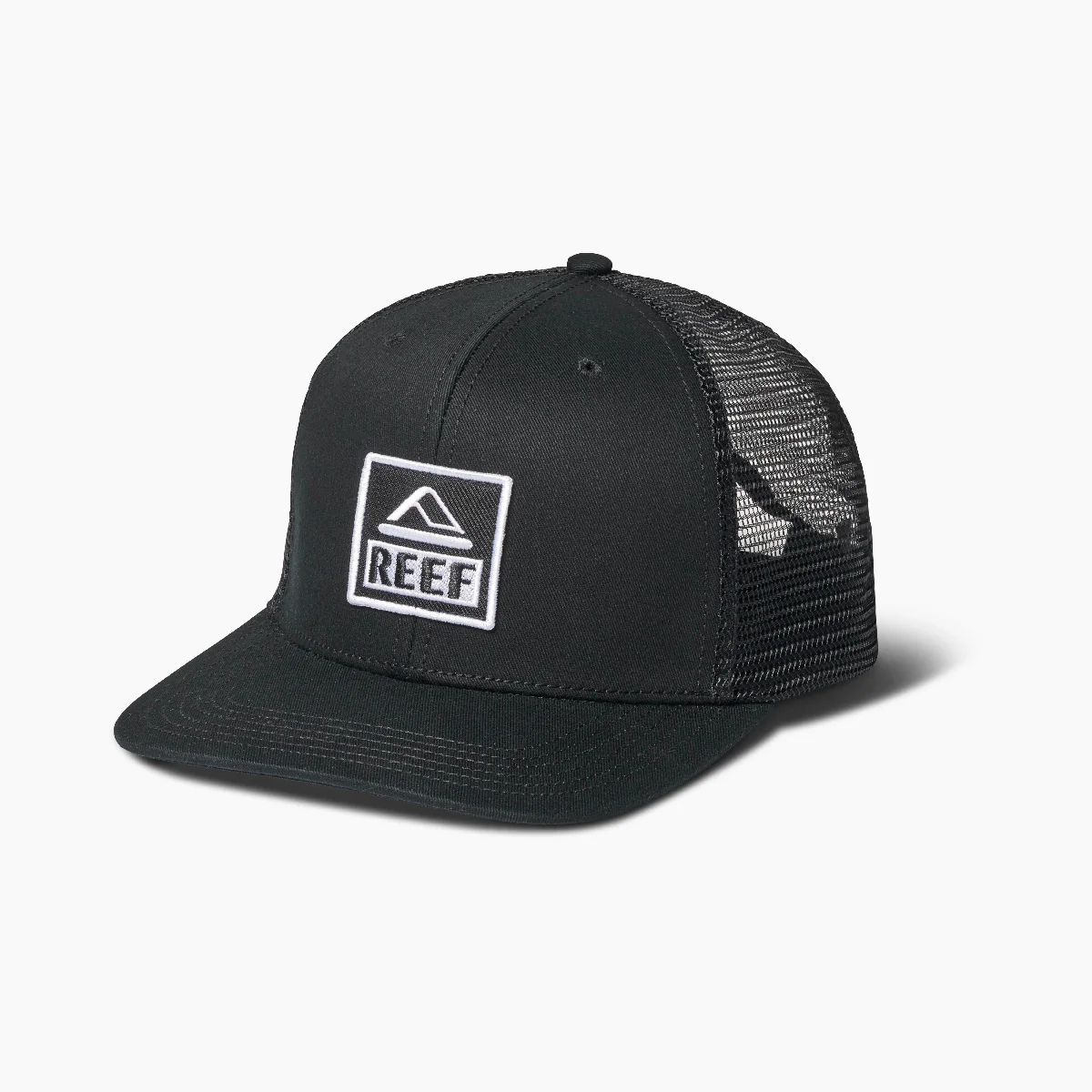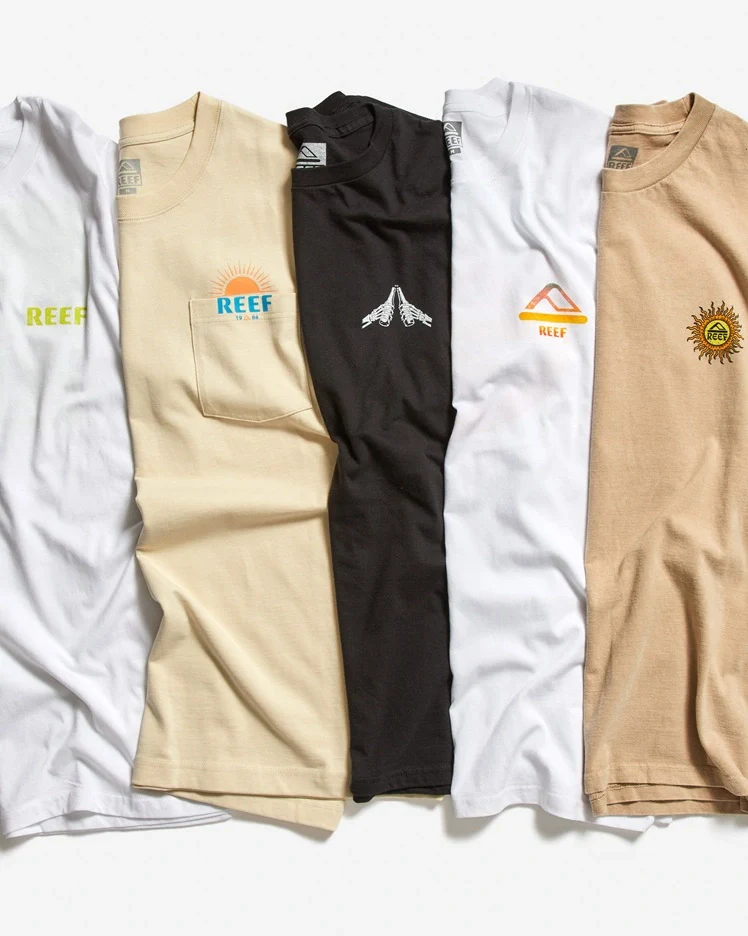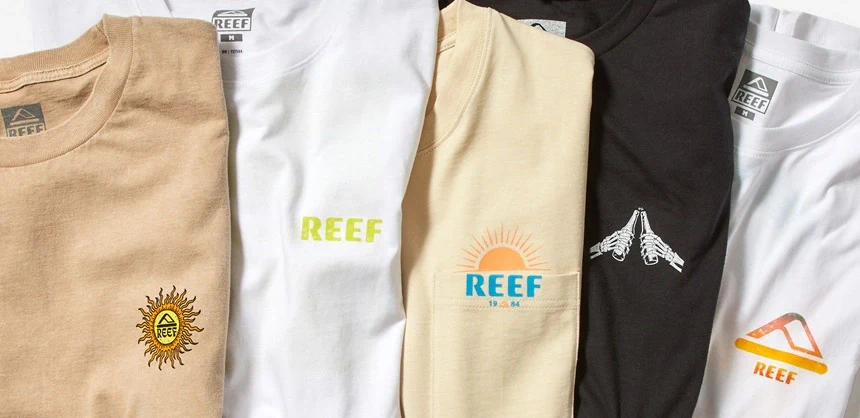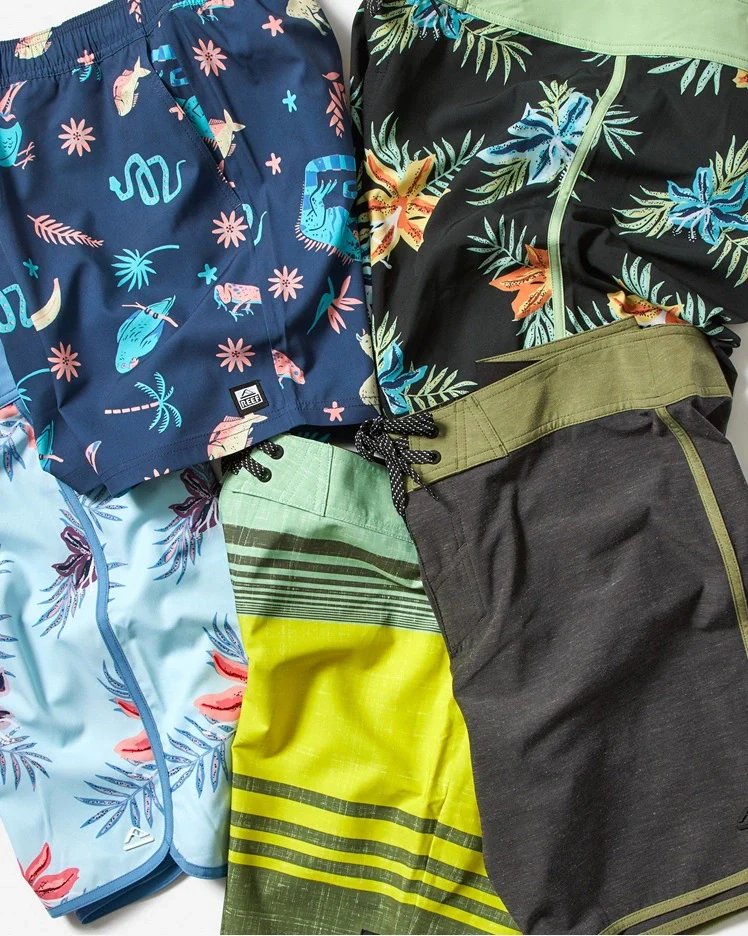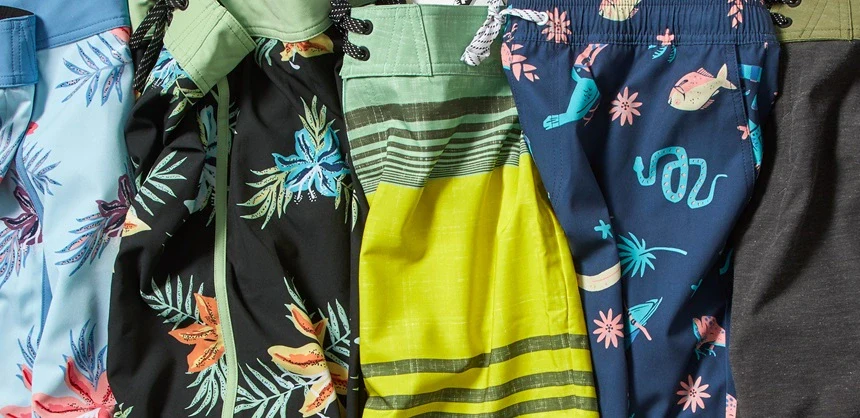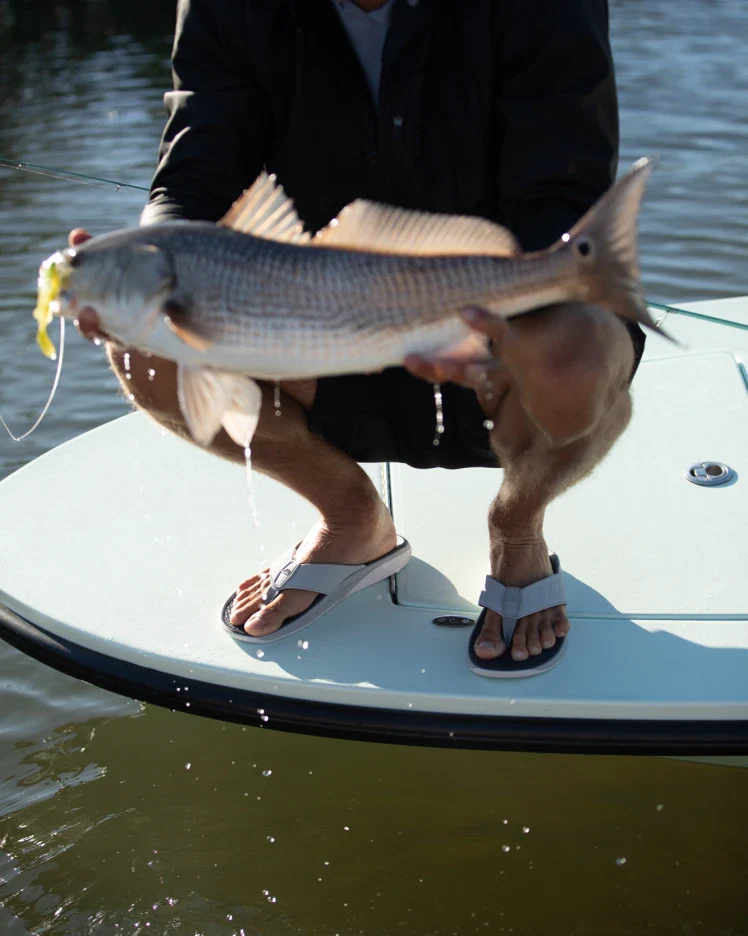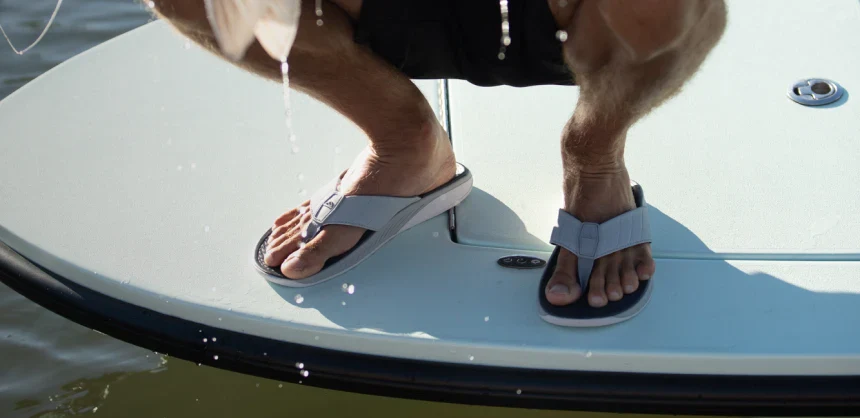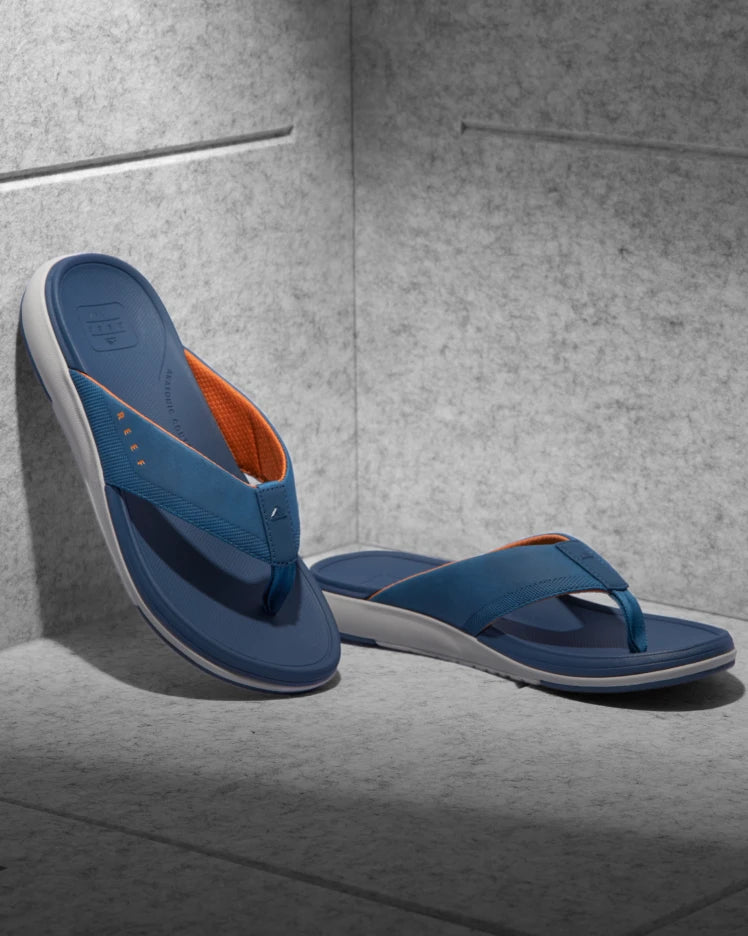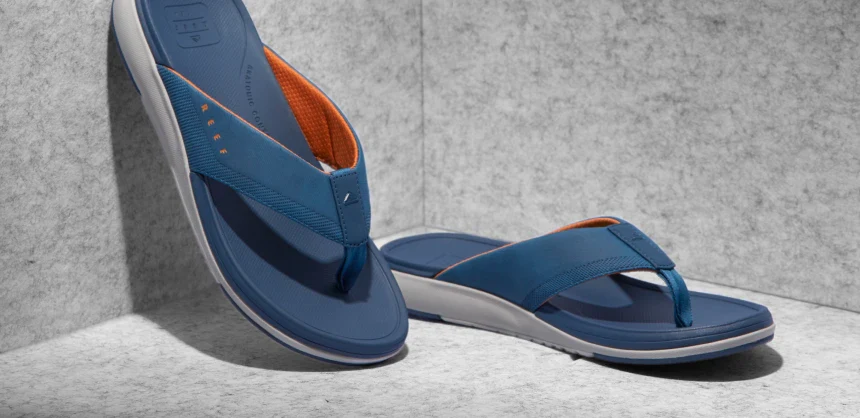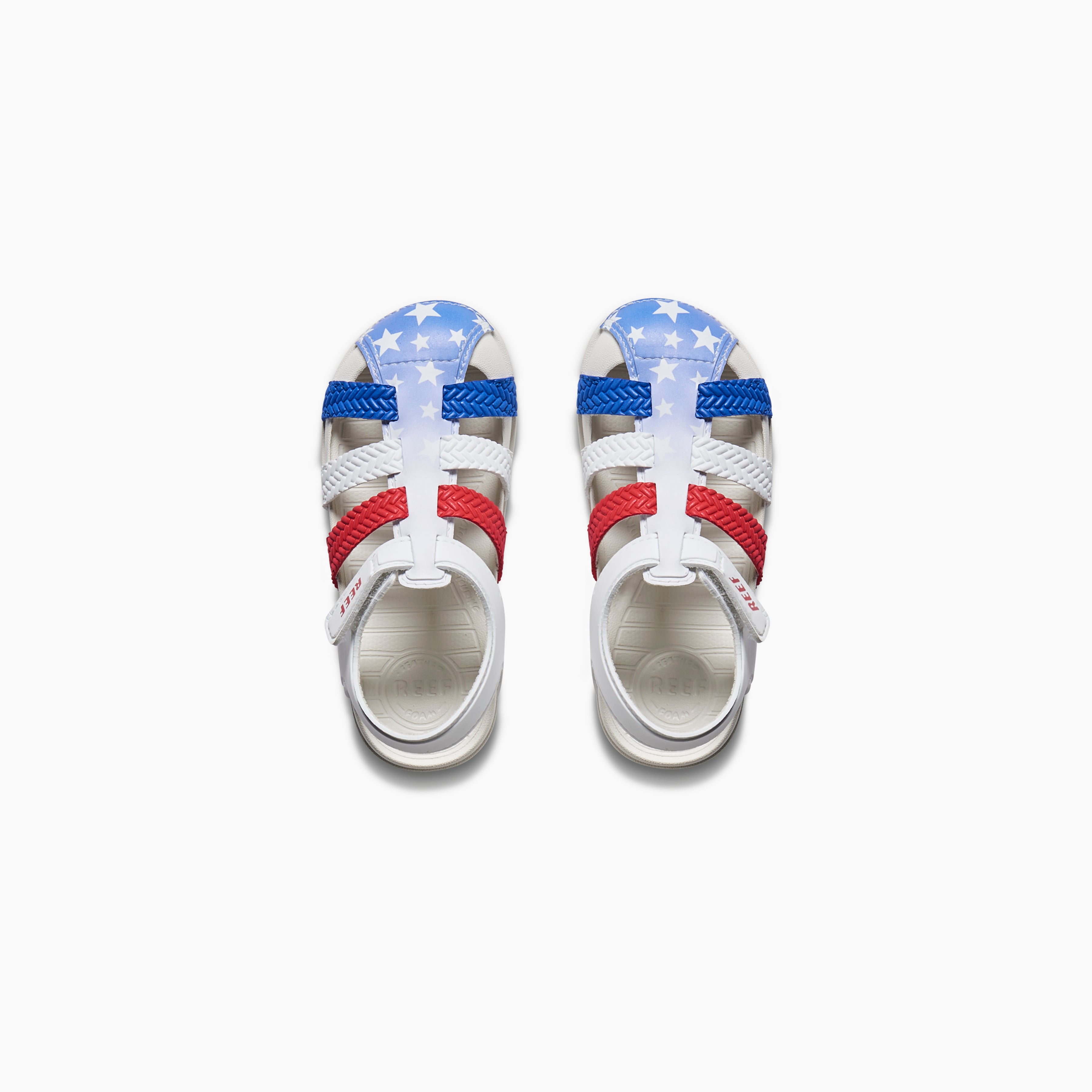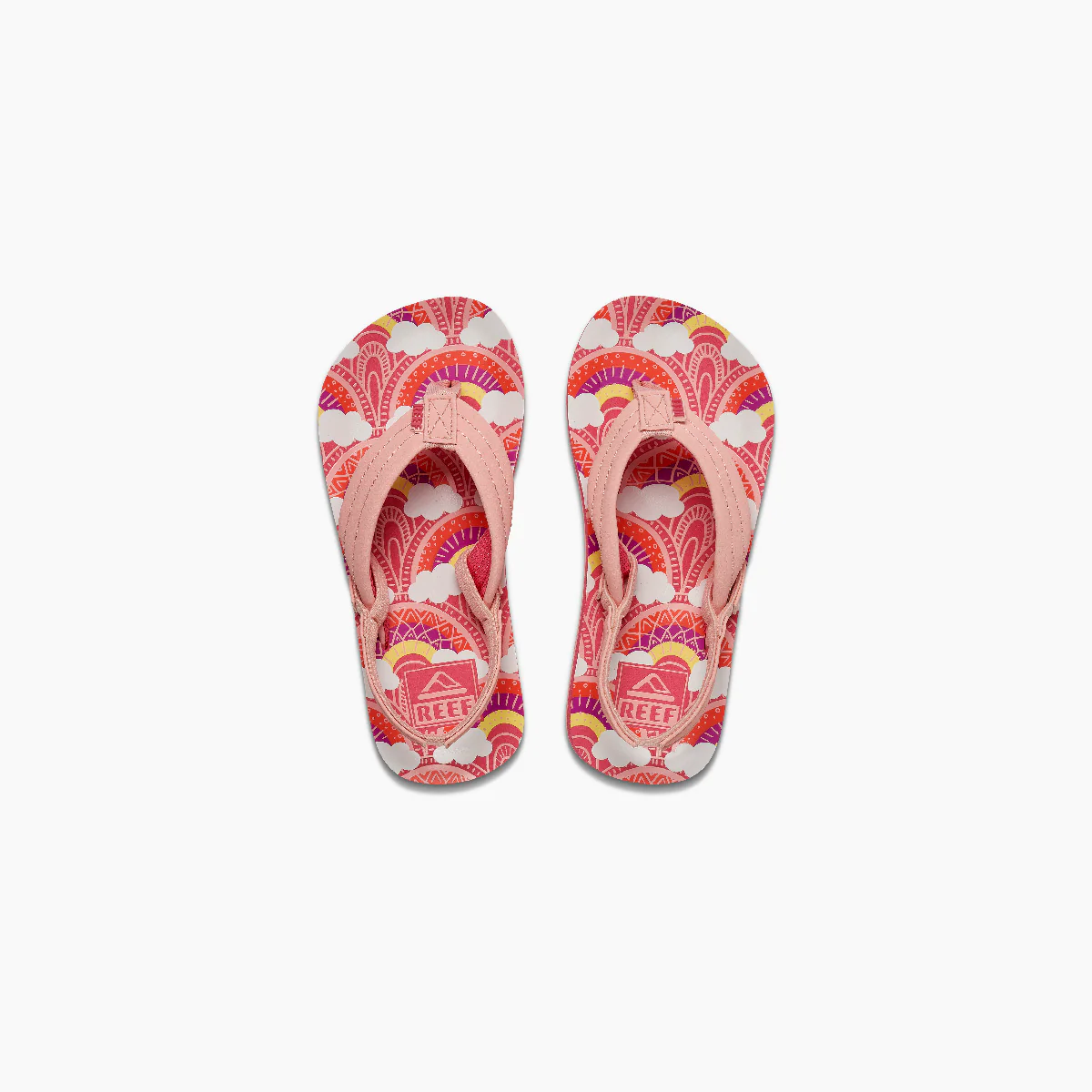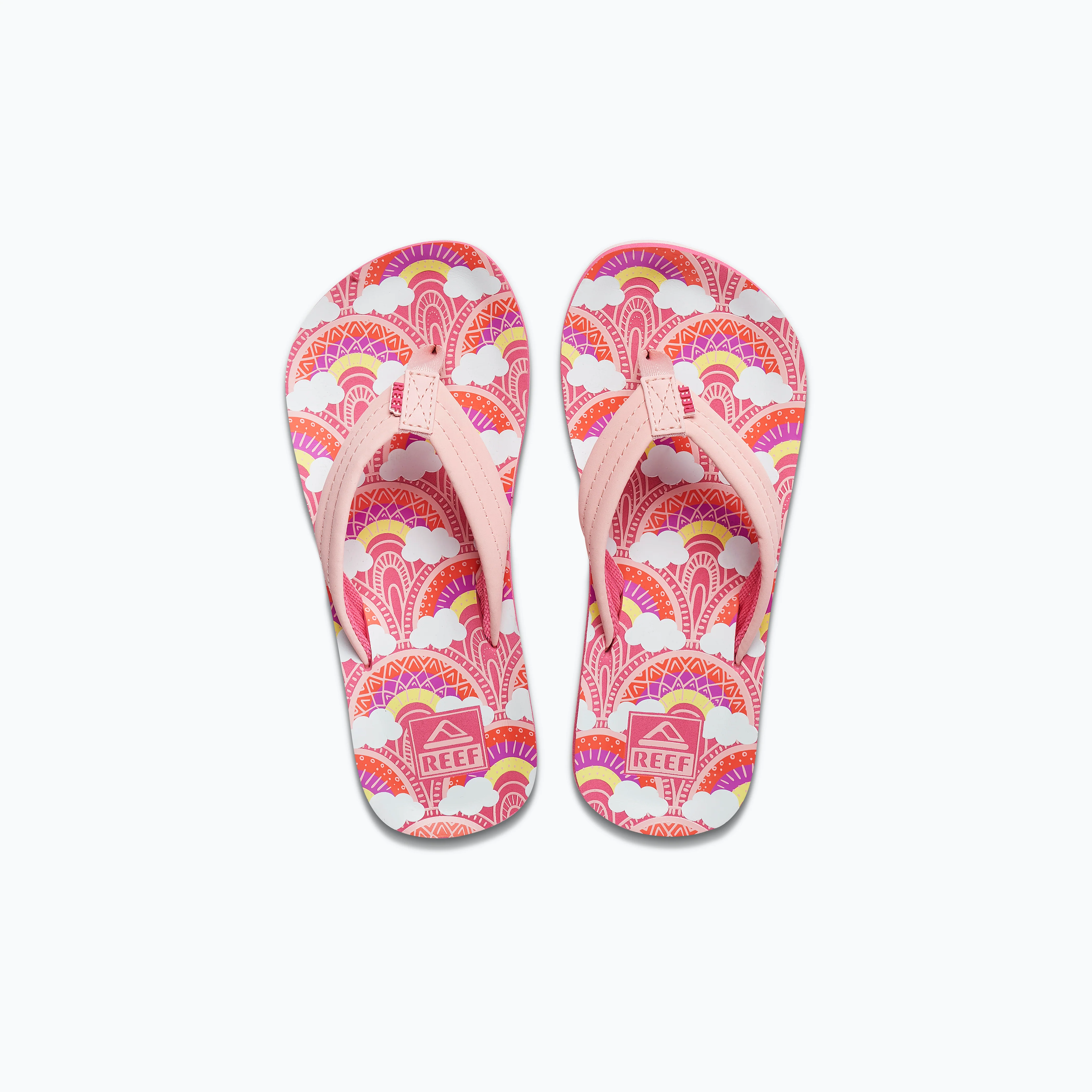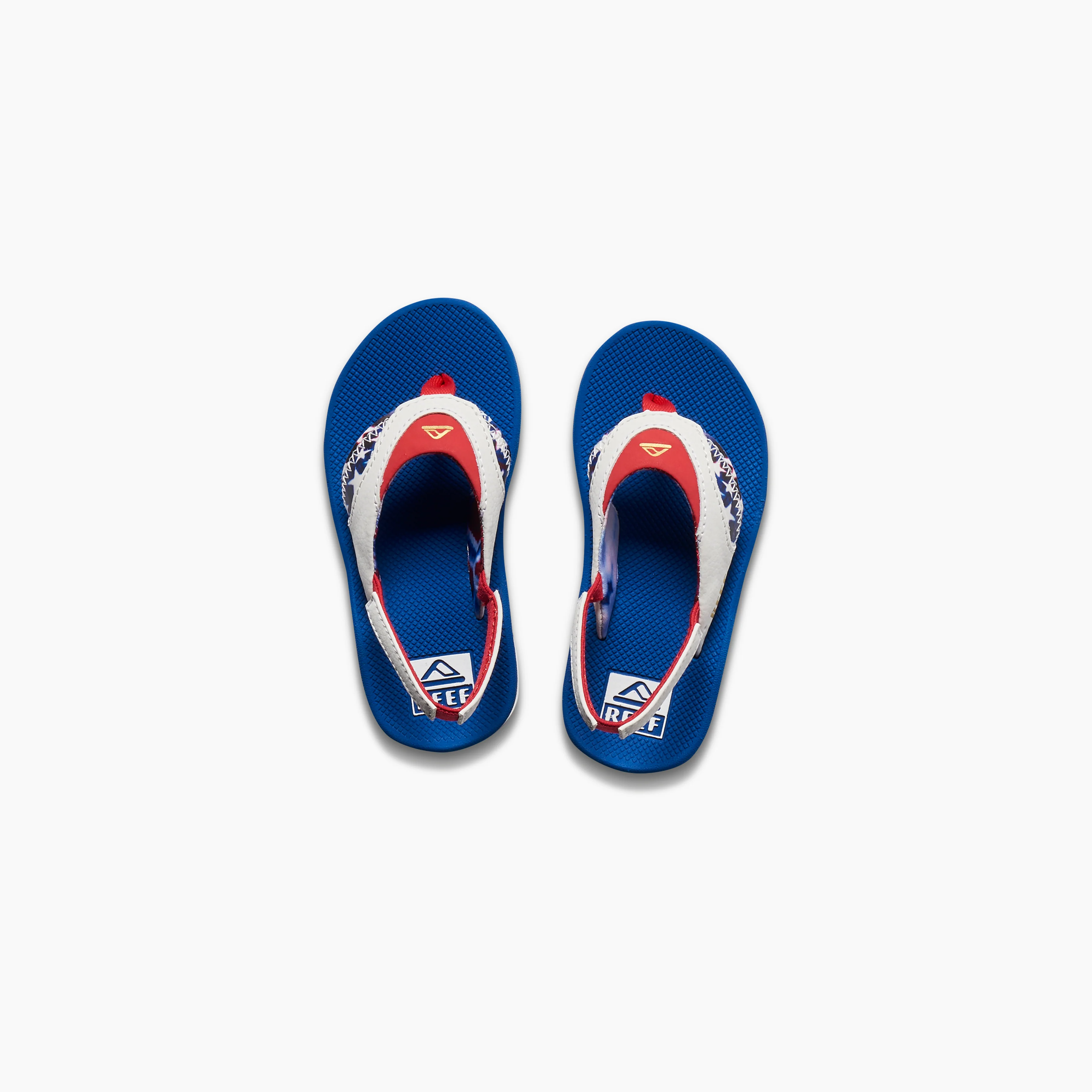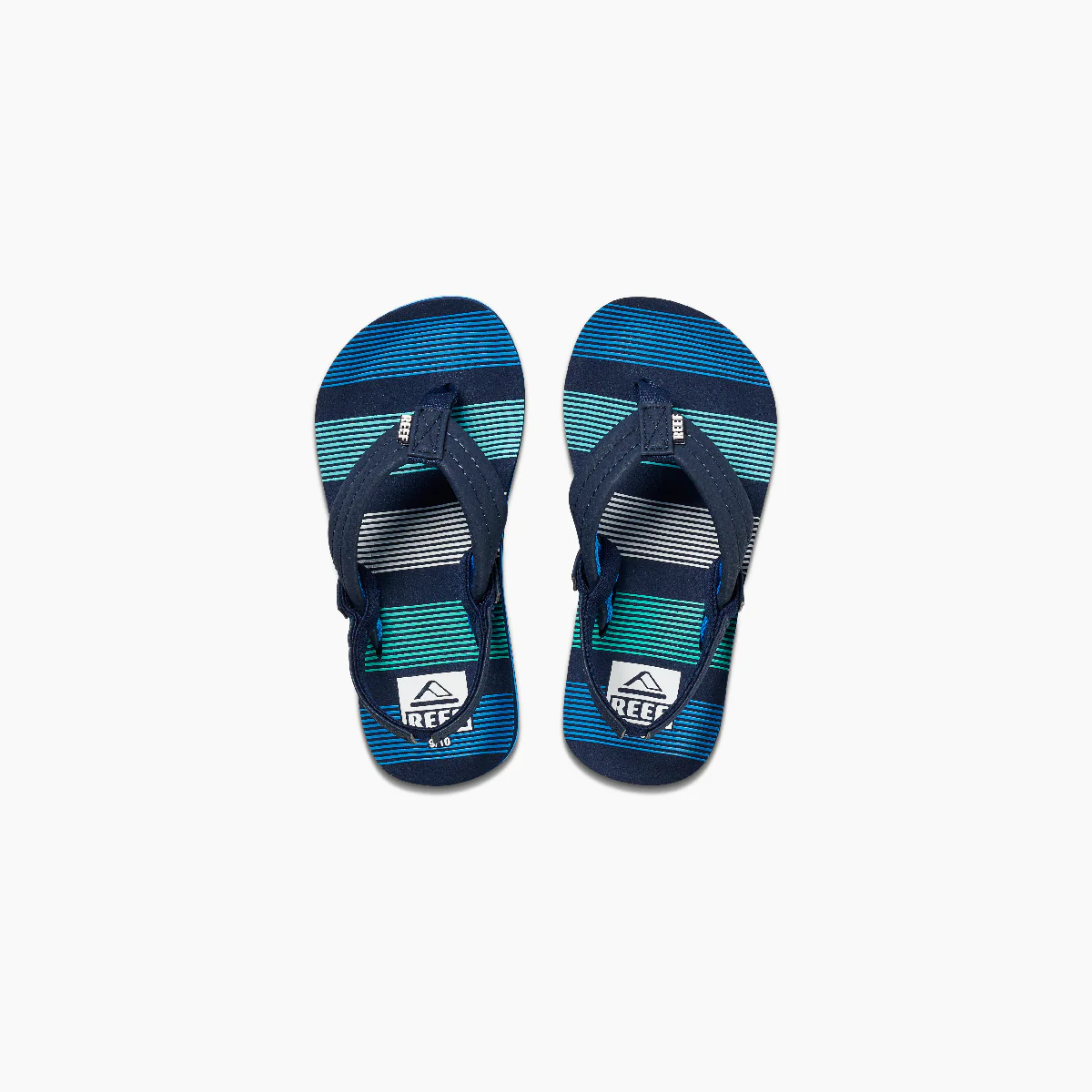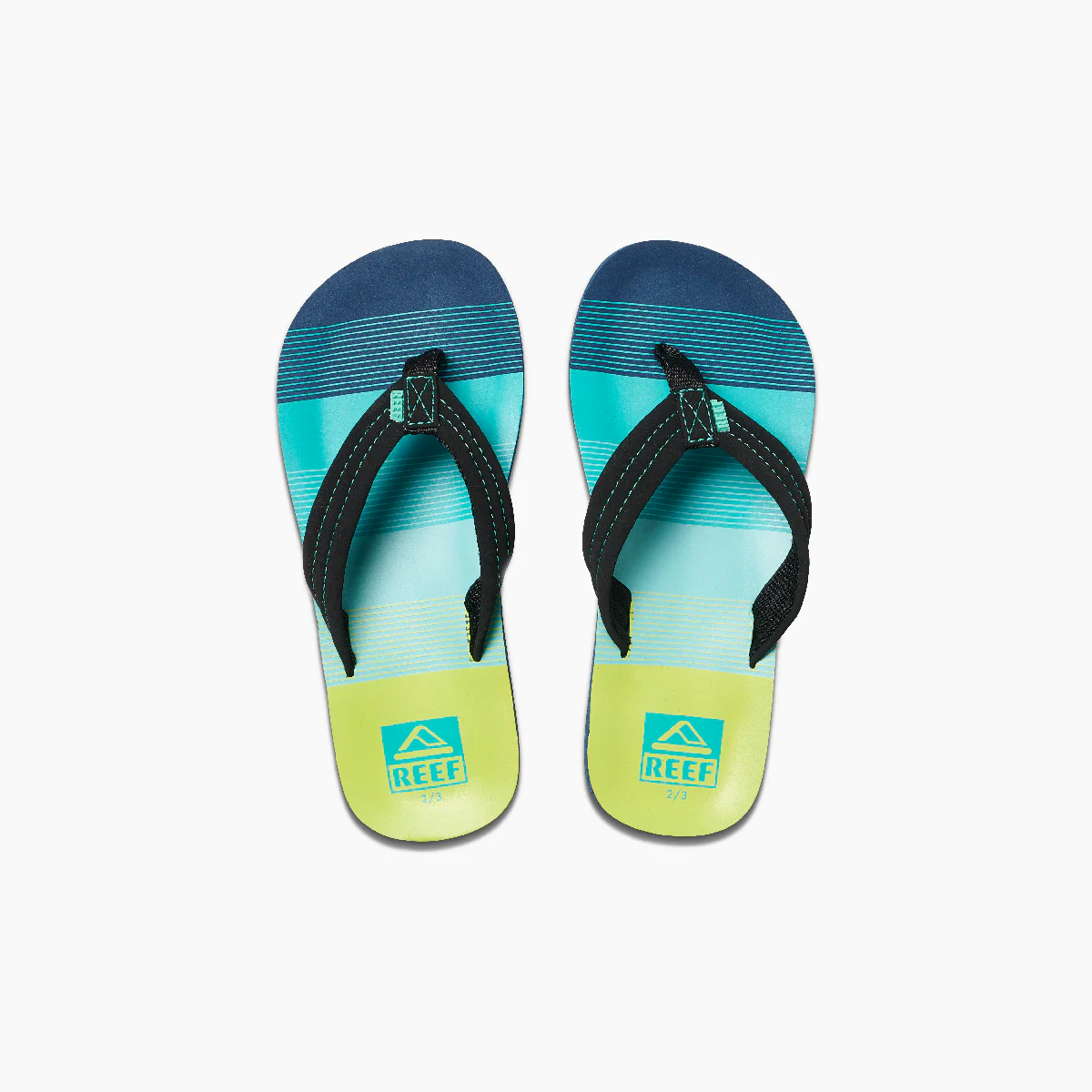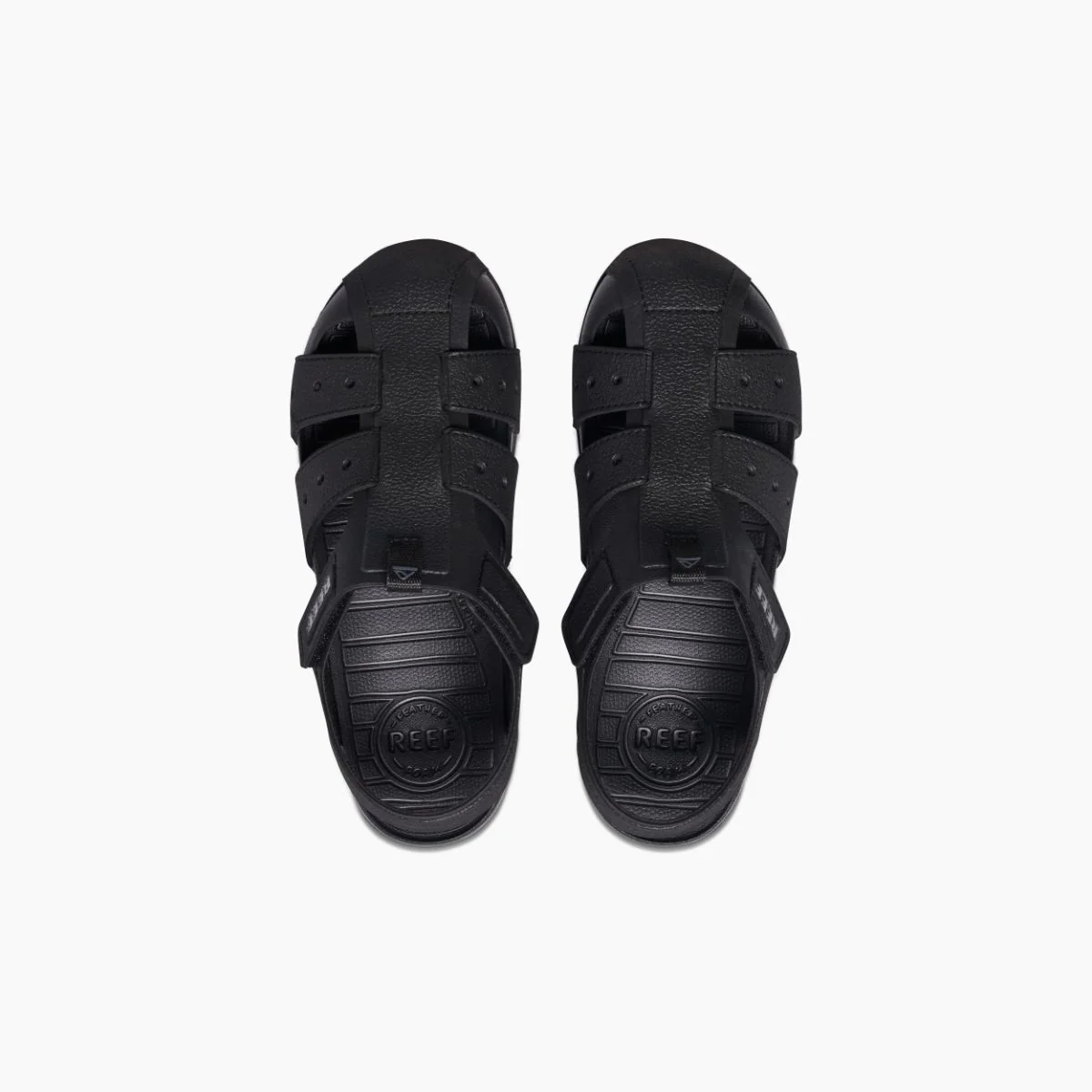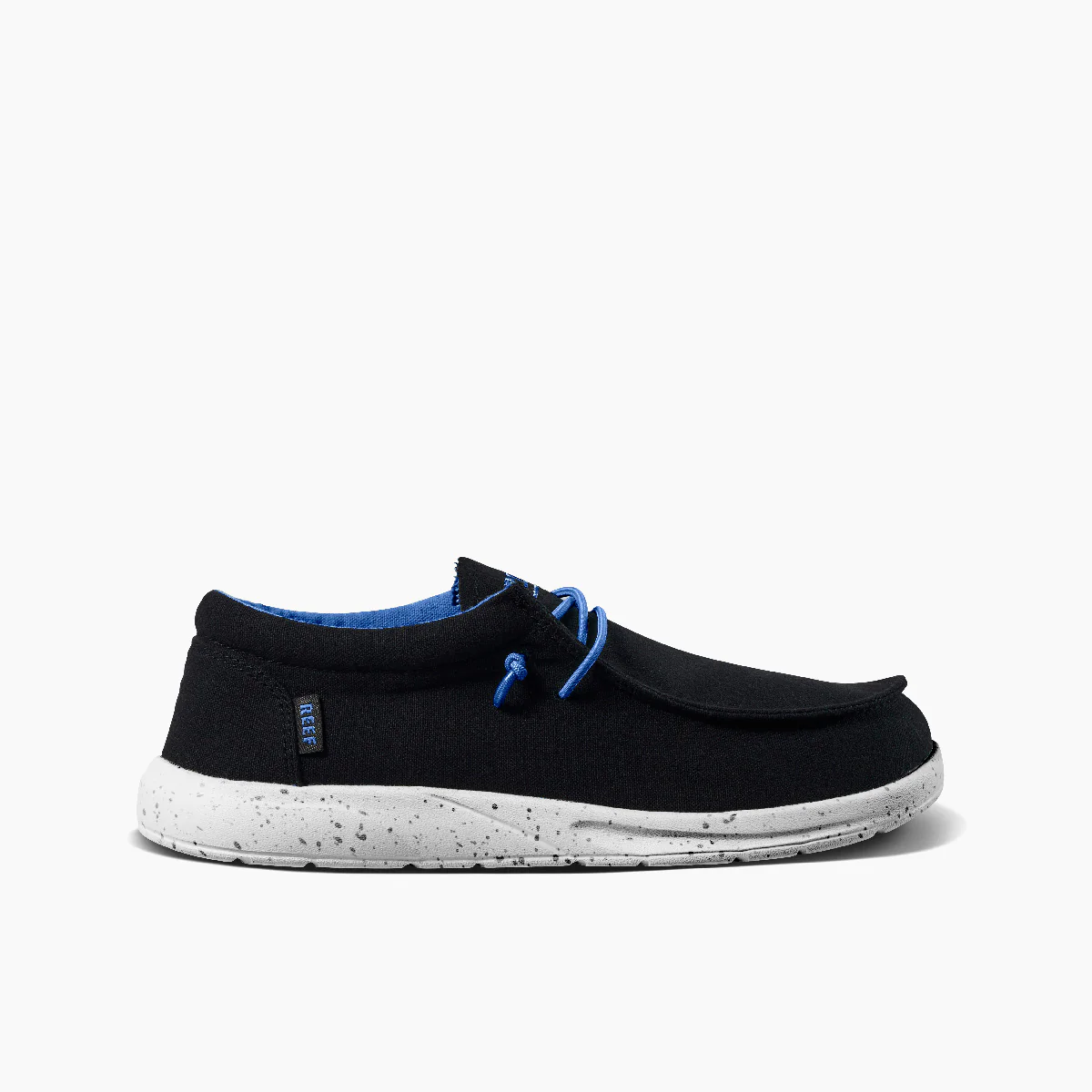WE SCREAM FOR ICE CLEAN
As co-founders of the Better Beach Alliance, REEF has sponsored the Surfrider Foundation’s national Beach Cleanup program since 2018. This year, to account for the current lack of public gatherings, we’re continuing to bring you ways to take action to protect our ocean and coasts. To learn more about reducing our personal footprints, we asked our friends at Surfrider about some of the most commonly found items at beach cleanups, and how we can all help prevent those items from ever polluting our beaches and waterways in the first place.
WHAT’S POLLUTING OUR BEACHES?
Year after year, first on the list of the most commonly found items at beach cleanups are cigarette butts. In 2020 alone, Surfrider volunteers found and removed over 75,000 cigarette butts from U.S. beaches and waterways. To help put that number into perspective, that’s equivalent to removing 205 cigarette butts from the beach per day for each day of the year! Cigarette butts can retain harmful chemicals such as nicotine, arsenic and formaldehyde, and the filters they contain are made from plastic, which does not biodegrade. Instead, cigarette butts littered on city streets and directly into the natural environment break down into smaller and smaller pieces of plastic, ultimately contributing to the microplastic pollution crisis in our ocean.
Two of the next most commonly found items are plastic and foam fragments, which in 2020 made up approximately 25% of the total number of items collected throughout the year. In 2020 alone, over 150,000 plastic and foam fragments were removed from beaches and waterways by Surfrider volunteers. One way to reduce your single-use plastic and foam footprint is by considering the materials used for takeout at your favorite restaurants— are there packaging items, straws, utensils, condiments sachets or containers that you can opt out of? While these items may seem insignificant with each individual carry out order, their cumulative impact on the environment is massive.
Last year, in an effort to better understand the impacts of COVID on our beaches and waterways, Surfrider also started collecting data on personal protective equipment, also known as PPE, found at cleanups, beginning in June of 2020. In just six months from June through December, over 2,270 single-use masks and gloves were removed from beaches and waterways, indicating that these items have become a significant source of pollution. While these items are necessary and life-saving, we can all help ensure that single-use PPE is properly disposed of after use, and consider opting for reusable PPE if or where appropriate.
WHY IS BEACH CLEANUP DATA IMPORTANT?
Each year, the data collected at beach cleanups helps inform Surfrider and staff and volunteers about the most prevalent forms of litter, and flag issues of pollution and lacking infrastructure or regulation. With this information, Surfrider staff and volunteers can identify sources of pollution and direct efforts to finding and implementing solutions, through policies and legislation.
In 2021, we plan to keep the cleanup momentum going, but we need your help! This year, the Better Beach Alliance aims to engage 30,000 volunteers to collect 200,000 pounds of trash and recycling at 1000 cleanups. You can download your own data collection card, host your own cleanup with members of your household (or just pick up trash on your morning beach or lakeside walk!) and report it to Surfrider’s data portal to help us identify and address sources of pollution while cleaning up your own community. Join the DIY cleanup movement by:
- Downloading your Surfrider data card here
- Heading out to your local beach or waterway, holding your cleanup, and recording your findings as you go using the data card
- Registering and recording your data in Surfrider’s portal here
For more information on safely holding your own cleanup, check out Surfrider’s Beach Cleanup Activist Guide here
Learn more about REEF’s commitment to the Better Beach Alliance here


